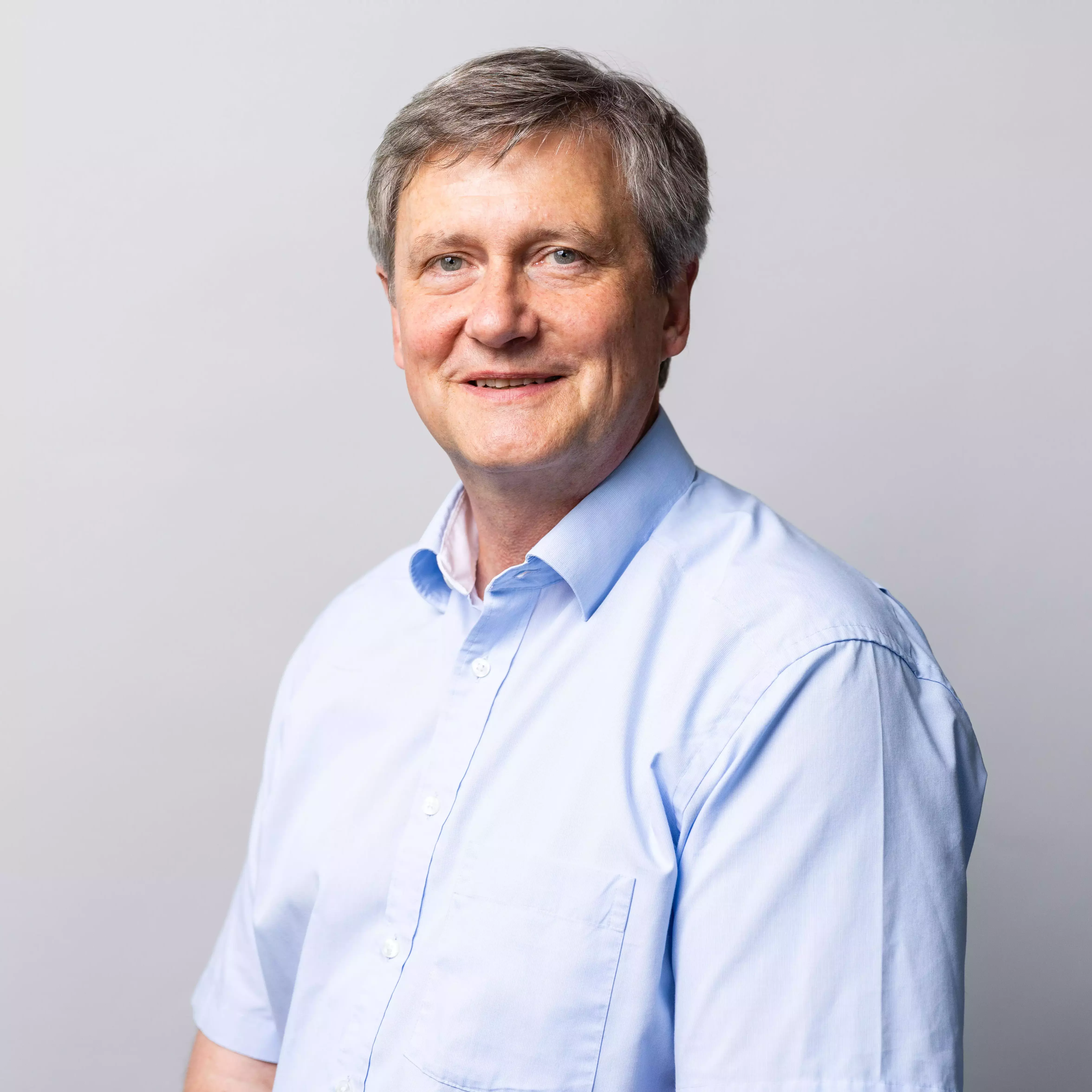
Prof. Dr. Klaus-Robert Müller
Director
Full Professor and Chair | Machine Learning Group at the Technische Universität Berlin
Distinguished Professor | Korea University, Seoul, South-Korea
Klaus-Robert Müller received the Diploma degree in mathematical physics in 1989 and the Ph.D. in theoretical computer science in 1992, both from University of Karlsruhe, Germany. From 1992 to 1994 he worked as a Postdoctoral fellow at GMD FIRST, in Berlin where he started to built up the intelligent data analysis (IDA) group. From 1994 to 1995 he was a European Community STP Research Fellow at University of Tokyo in Prof. Amari’s Lab. From 1995 until 2008 he was head of department of the IDA group at GMD FIRST (since 2001 Fraunhofer FIRST) in Berlin and since 1999 he holds a joint associate Professor position of GMD and University of Potsdam. In 2003 he became a full professor at University of Potsdam, in 2006 he became chair of the machine learning department at TU Berlin. He has been lecturing at Humboldt University, Technical University Berlin and University of Potsdam. In 1999 he received the annual national prize for pattern recognition (Olympus Prize) awarded by the German pattern recognition society DAGM, in 2006 the SEL Alcatel communication award and in 2014 he was granted the Science Prize of Berlin awarded by the Governing Mayor of Berlin and in 2017 he received the Vodafone Innovations Award. Since 2012 he is Member of the German National Academy of Sciences Leopoldina and he holds a distinguished professorship at Korea University in Seoul. In 2017 he was elected member of the Berlin Brandenburg Academy of Sciences and also external scientific member of the Max Planck Society. For 5 years he was director of the Bernstein Center for Neurotechnology, from 2014 he became co-director of the Berlin Big Data Center (BBDC) and from 2018 simultaneously director of the Berlin Center for Machine Learning (BZML). Together with Volker Markl he became Director of the new Berlin Institute for the Foundations of Learning and Data (BIFOLD), after both BBDC and the BZML merged into BIFOLD. He serves in the editorial boards of Computational Statistics, IEEE Transactions on Biomedical Engineering, Journal of Machine Learning Research and in program and organization committees of various international conferences. In 2019 he became ISI Highly Cited Researcher.
| 2019, 2020, 2021, 2022-2024 | ISI Highly Cited Researcher (Web of Science) |
| 2024 | Feynman Award |
| 2024 | Frontiers of Science Award in Theoretical Computer and Information Sciences |
| 2023 | Hector Science Prize |
| 2017 | Vodafone Innovation Award |
| 2016 | Best Paper’ prize for Visualizing and Understanding Deep Neural Networks, International Conference on Machine Learning (ICML) |
| 2015 | Editors’ Choice of the Year, Journal of Neurological Engineering |
| 2014 | Berlin Science Award by the governing mayor |
| 2012 | Elected Member of Deutsche Akademie der Naturforscher Leopoldina e.V. |
| 2009 | ‘Best Paper award by IEEE Engineering in Medicine and Biology Society EMBS |
| 2006 | SEL-ALCATEL Research Prize for Technical Communication |
| 1999 | Olympus Award for Pattern Recognition |
| 1998 | GMD best project award |
| 1996 | GMD best project award |
- Statistical learning theory (Support Vector Machines, Deep Neural Networks, Boosting)
- Learning of non-stationarity data
- Fusion of structured heterogeneous multi-modal data, co-adaptation
- Applications: MEG, EEG, NIRS, ECoG, EMG, Brain Computer Interfaces, computational neuroscience, computer vision, genomic data analysis, computational chemistry and atomistic simulations, digital pathology
- External Scientific Member Max-Planck-Society
- Member BBAW, Berlin-Brandenburg Academy of Sciences
- Elected Member of Deutsche Akademie der Naturforscher Leopoldina e.V.
Winfried Ripken, Michael Plainer, Gregor Lied, Thorben Frank, Oliver T. Unke, Stefan Chmiela, Frank Noé, Klaus-Robert Müller
Learning Hamiltonian Flow Maps: Mean Flow Consistency for Large-Timestep Molecular Dynamics
Junyou Zhu, Christian Nauck, Klaus-Robert Müller, Michael Lindner, Langzhou He, Philip S. Yu, Jürgen Kurths, Frank Hellmann
Network Measure-Enriched GNNs: A New Framework for Power Grid Stability Prediction
Pattarawat Chormai, Ali Hashemi, Klaus-Robert Müller, Grégoire Montavon
Distilling Lightweight Domain Experts from Large ML Models by Identifying Relevant Subspaces
Maximilian Alber, Timo Milbich, Alexandra Carpen-Amarie, Stephan Tietz, Jonas Dippel, Lukas Muttenthaler, Beatriz Perez Cancer, Alessandro Benetti, Panos Korfiatis, Elias Eulig, Jérôme Lüscher, Jiasen Wu, Sayed Abid Hashimi, Gabriel Dernbach, Simon Schallenberg, Neelay Shah, Moritz Krügener, Aniruddh Jammoria, Jake Matras, Patrick Duffy, Matt Redlon, Philipp Jurmeister, David Horst, Lukas Ruff, Klaus-Robert Müller, Frederick Klauschen, Andrew Norgan
Atlas 2 - Foundation models for clinical deployment
Khaled Kahouli, Romuald Elie, Klaus-Robert Müller, Quentin Berthet, Oliver T. Unke, Arnaud Doucet
Control Variate Score Matching for Diffusion Models
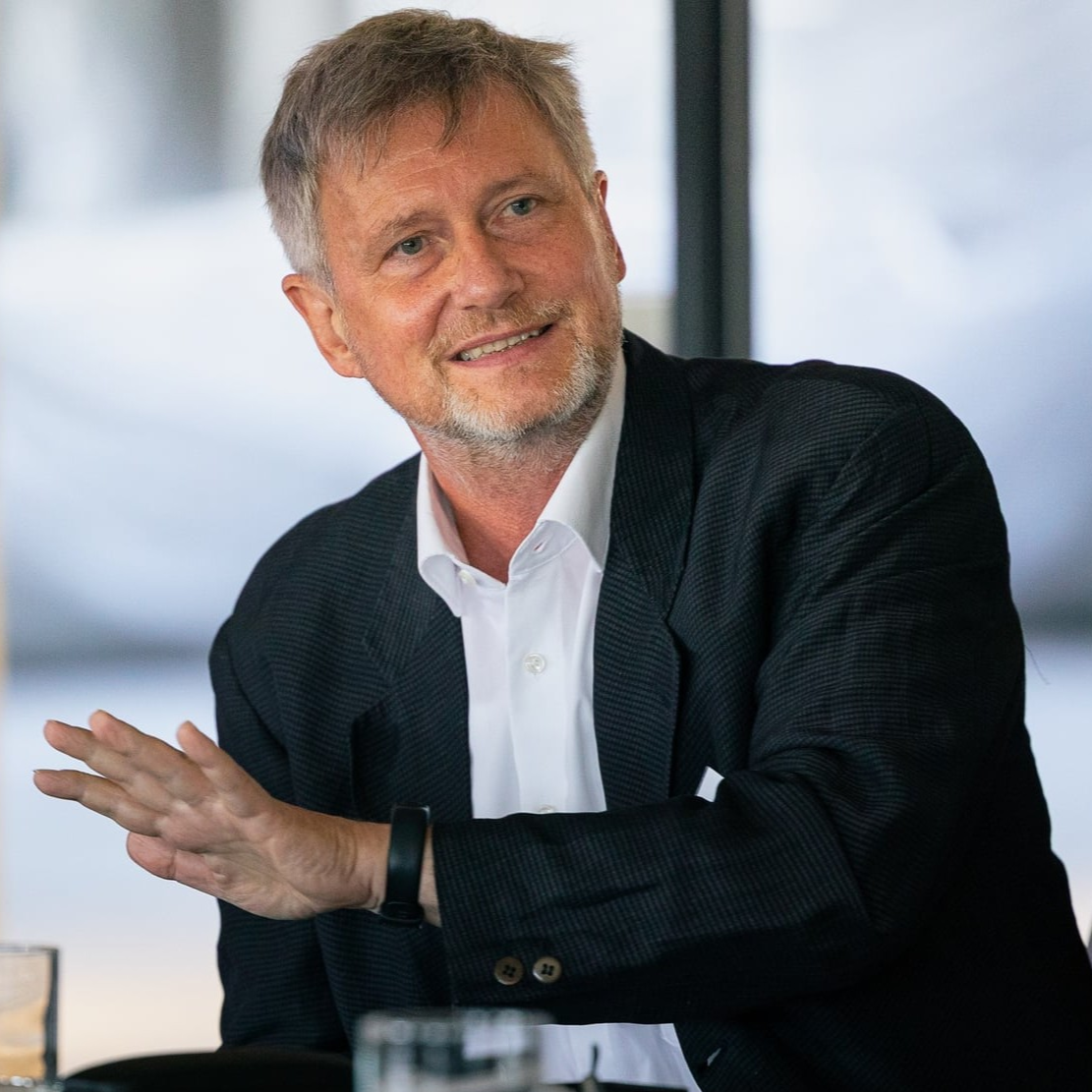
Gottfried Wilhelm Leibniz Prize awarded to Klaus-Robert Müller
Prof. Dr. Klaus-Robert Müller, co-director of BIFOLD and head of the Machine Learning Group at TU Berlin is honored with the Gottfried Wilhelm Leibniz Prize 2026, considered the highest honor for researchers in Germany. He is regarded as a pioneer of machine learning and has been driving this important area of artificial intelligence (AI) since 1989. His work combines excellence in formal mathematical reasoning with a strongly application-oriented approach.
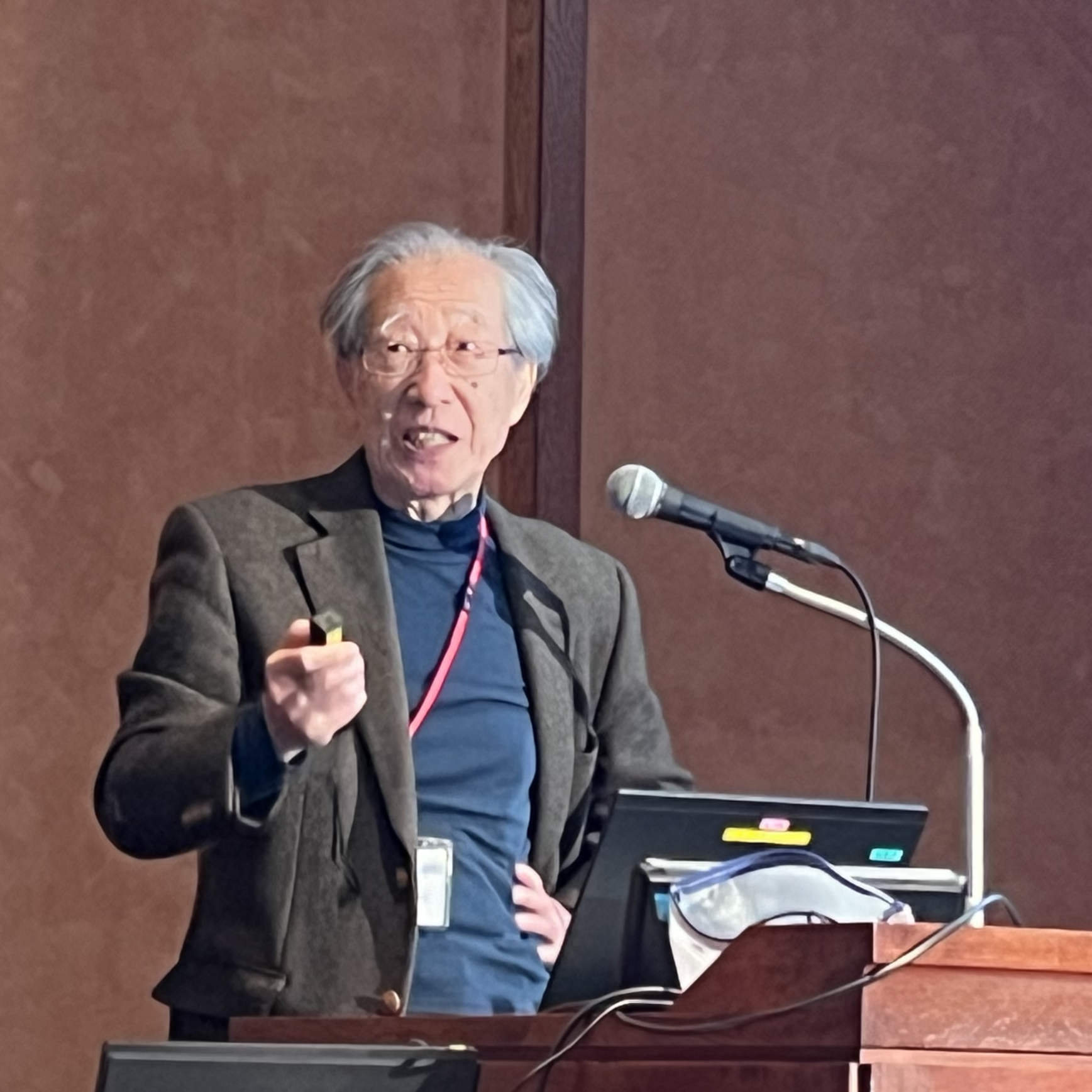
Honorary Doctorate for Shun-ichi Amari
The TU Berlin has awarded an honorary doctorate to the eminent Japanese scientist Prof. Shun-ichi Amari in recognition of his groundbreaking contributions to the mathematical foundations of Artificial Intelligence. The honorary degree was presented to him by BIFOLD co-director Klaus-Robert Müller.
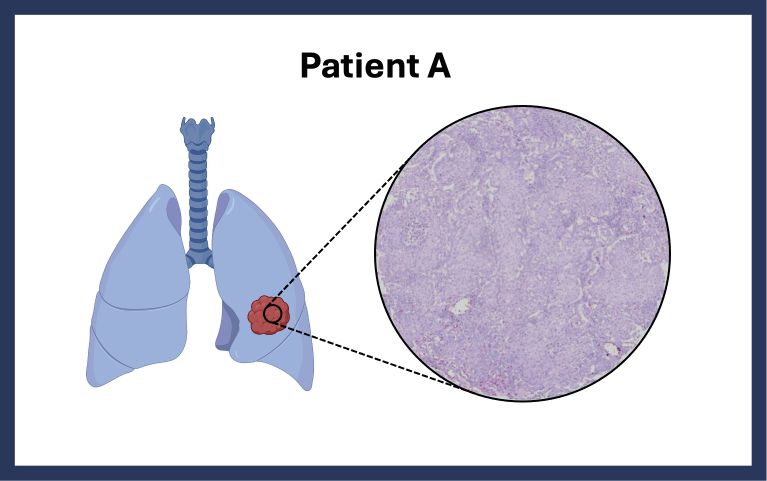
AI Improves Lung Cancer Diagnostics
An interdisciplinary research team from BIFOLD (Berlin Institute for the Foundations of Learning and Data), Technische Universität Berlin, Universitätsklinikum Köln, Charité - Universitätsmedizin Berlin, the AI company Aignostics, and Ludwig Maximilians University Munich (LMU) has developed a novel AI-based method to more accurately predict the survival of lung cancer patients.
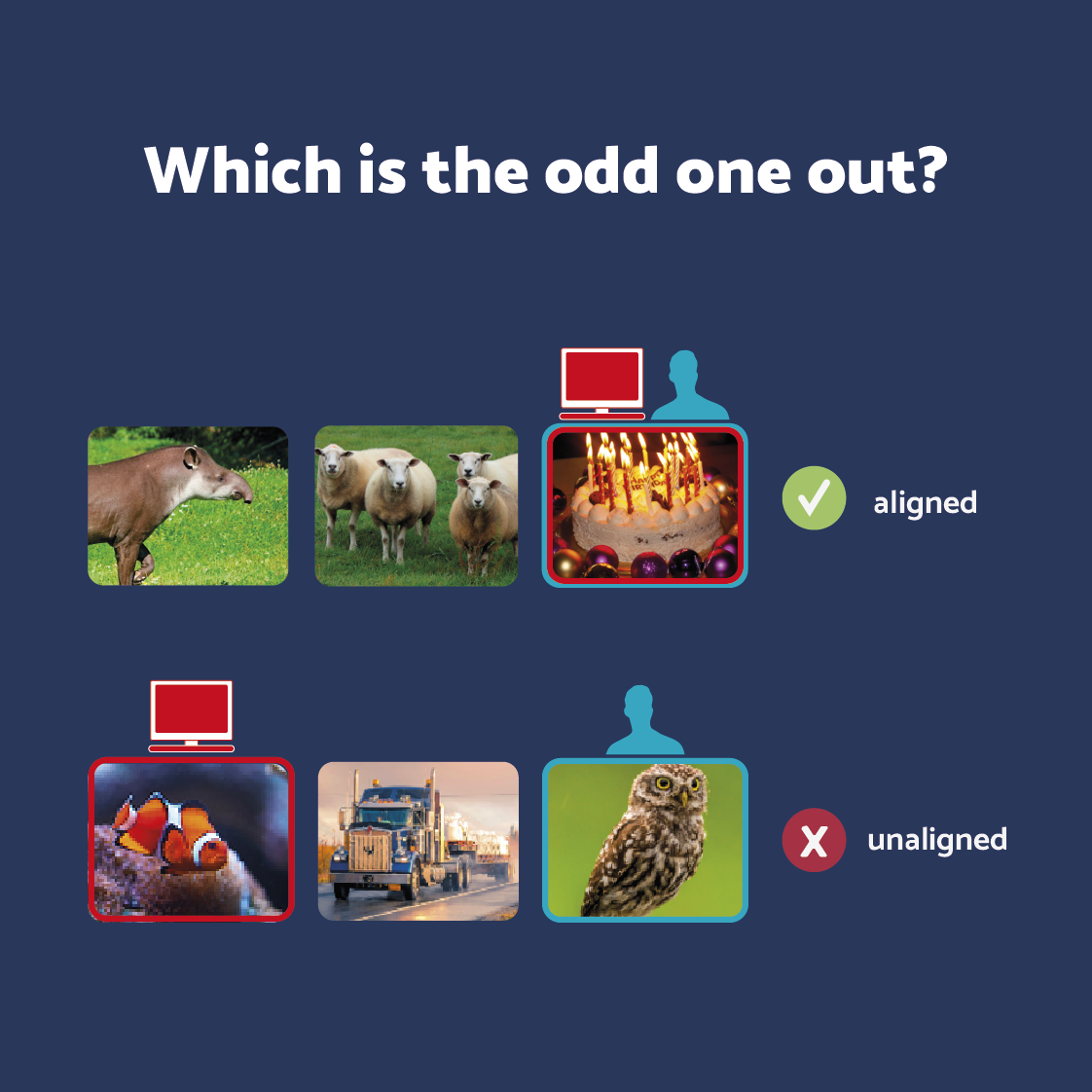
When AI “thinks” like us
A team of researchers from BIFOLD, Google DeepMind, Max Planck Institute for Human Development and Max Planck Institute for Cognitive and Brain Sciences developed a new approach for image processing models, „AligNet“, that for the first time integrates human semantic structures into neural image processing models, bringing the visual understanding of these computer models closer to that of humans. Their publication „Aligning Machine and Human Visual Representations across Abstraction Levels“ has now been published in the prestigious scientific journal „Nature“.
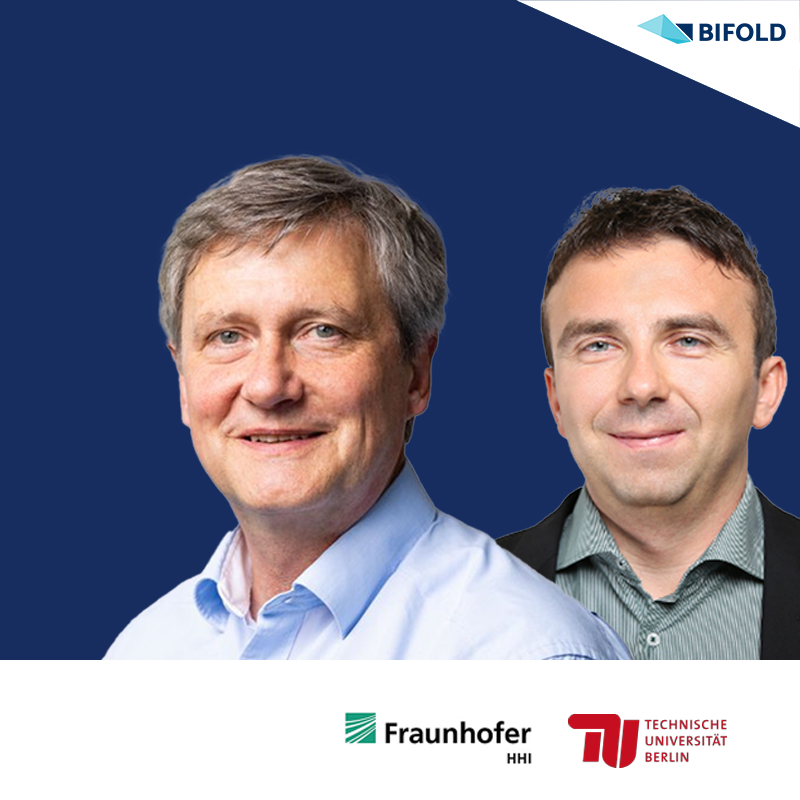
Highly Cited 2025: Recognition for Müller and Samek
BIFOLD Co-Director Klaus-Robert Müller and Fellow Wojciech Samek (Fraunhofer HHI) have been included in the 2025 Highly Cited Researchers™ list, recognizing the broad impact of their interdisciplinary work.
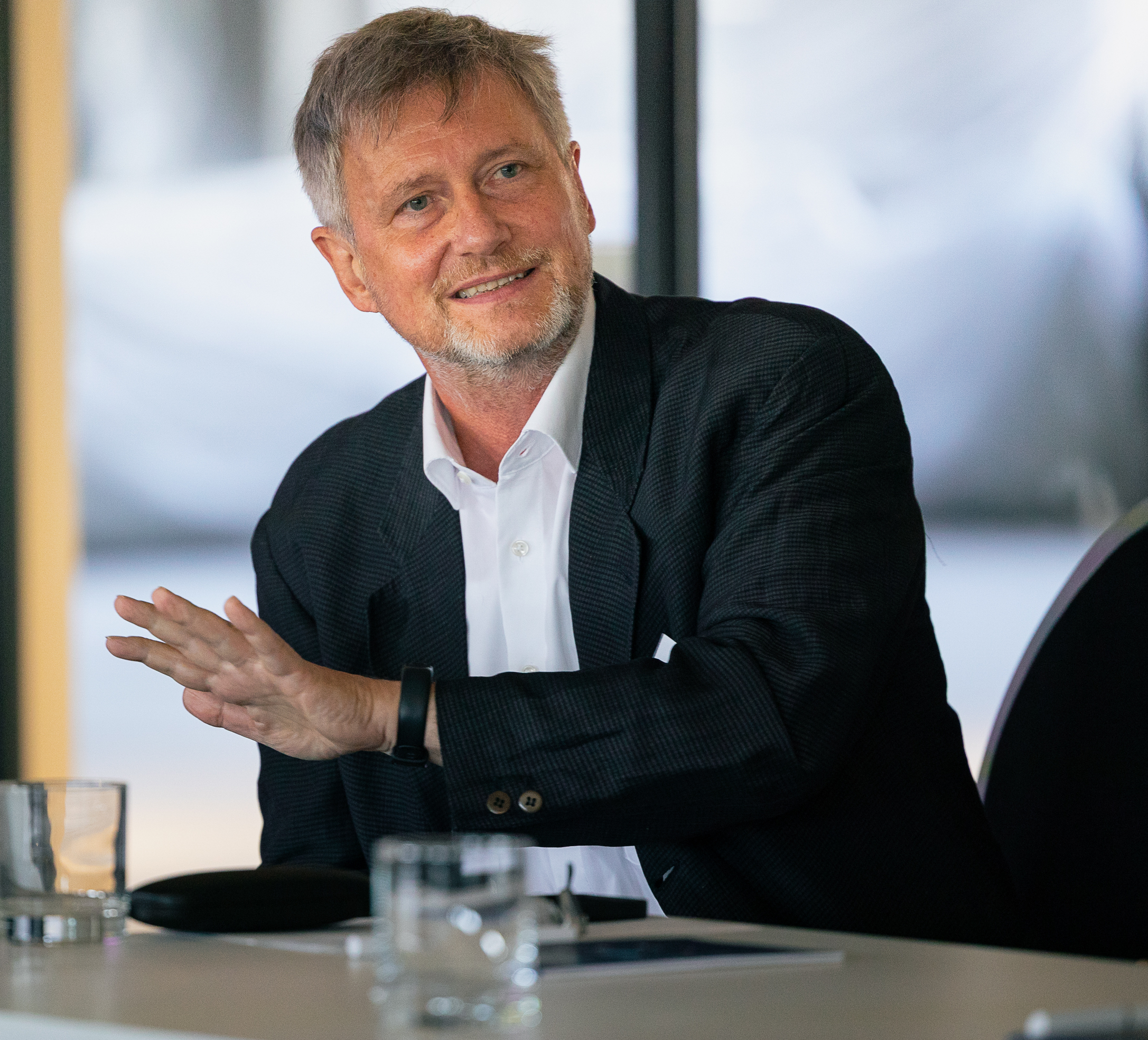
Pioneer Award for Klaus-Robert Müller
BIFOLD co-director Prof. Dr. Klaus-Robert Müller, has been honored by the IEEE Computational Intelligence Society (CIS) with the Neural Network Pioneer Award 2026. The award recognizes his “contributions to the theory and practice of kernel-based learning.”
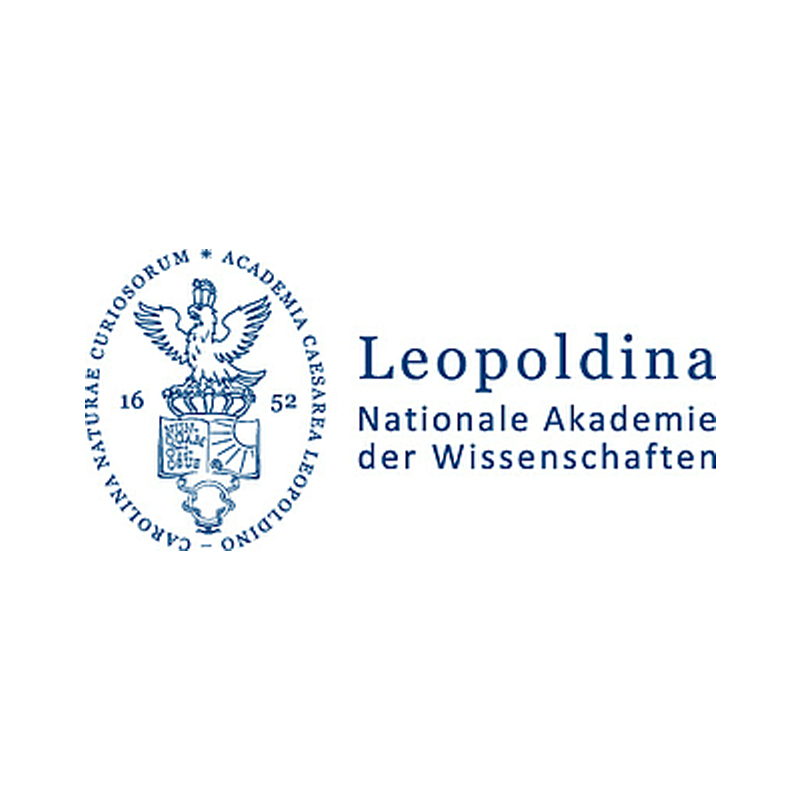
The 2025 Leopoldina Annual Assembly focuses on Artificial Intelligence
The Leopoldina hosts its Annual Assembly on 25–26 September 2025, with a focus on Artificial Intelligence. The event is co-coordinated by BIFOLD Co-Director Prof. Klaus-Robert Müller. In an interview together with Prof. Thomas Lengauer, Klaus-Robert Müller discusses the opportunities and risks associated with AI.

Berlin AI Square: Driving Research and Collaboration
Berlin’s Senator for Economic Affairs, Franziska Giffey, visited BIFOLD to learn about key research, spin-offs, and industry partnerships. The visit also highlighted the new developing Berlin AI Square as a leading AI research, innovation, and business hub.
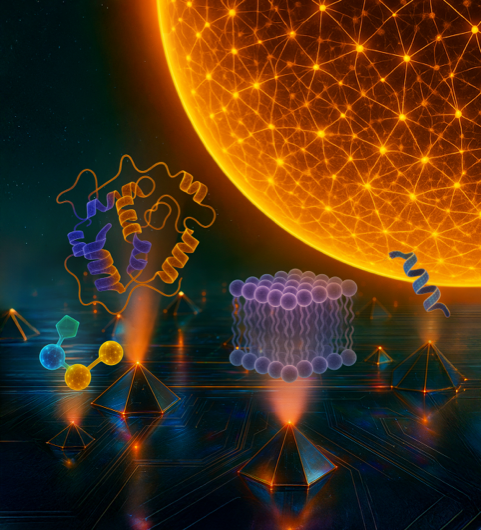
Simulations of large biomolecules with quantum accuracy
An international team of researchers from BIFOLD, the University of Luxembourg, and Google DeepMind has developed a new machine learning foundation model capable of simulating a wide variety of molecular systems – for example, large and complex biological molecules – with quantum-mechanical accuracy.
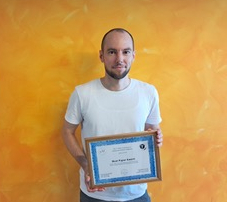
XAI 2025: Best Paper Award
Congratulations to BIFOLD researchers Simon Letzgus, Klaus-Robert Müller and Grégoire Montavon, whose publication: XpertAI: uncovering regression model strategies for sub-manifolds won the BestPaperAward at the 3rd World Conference on eXplainable Artificial Intelligence. BIFOLD researchers contributed on several levels to this leading conference on XAI.
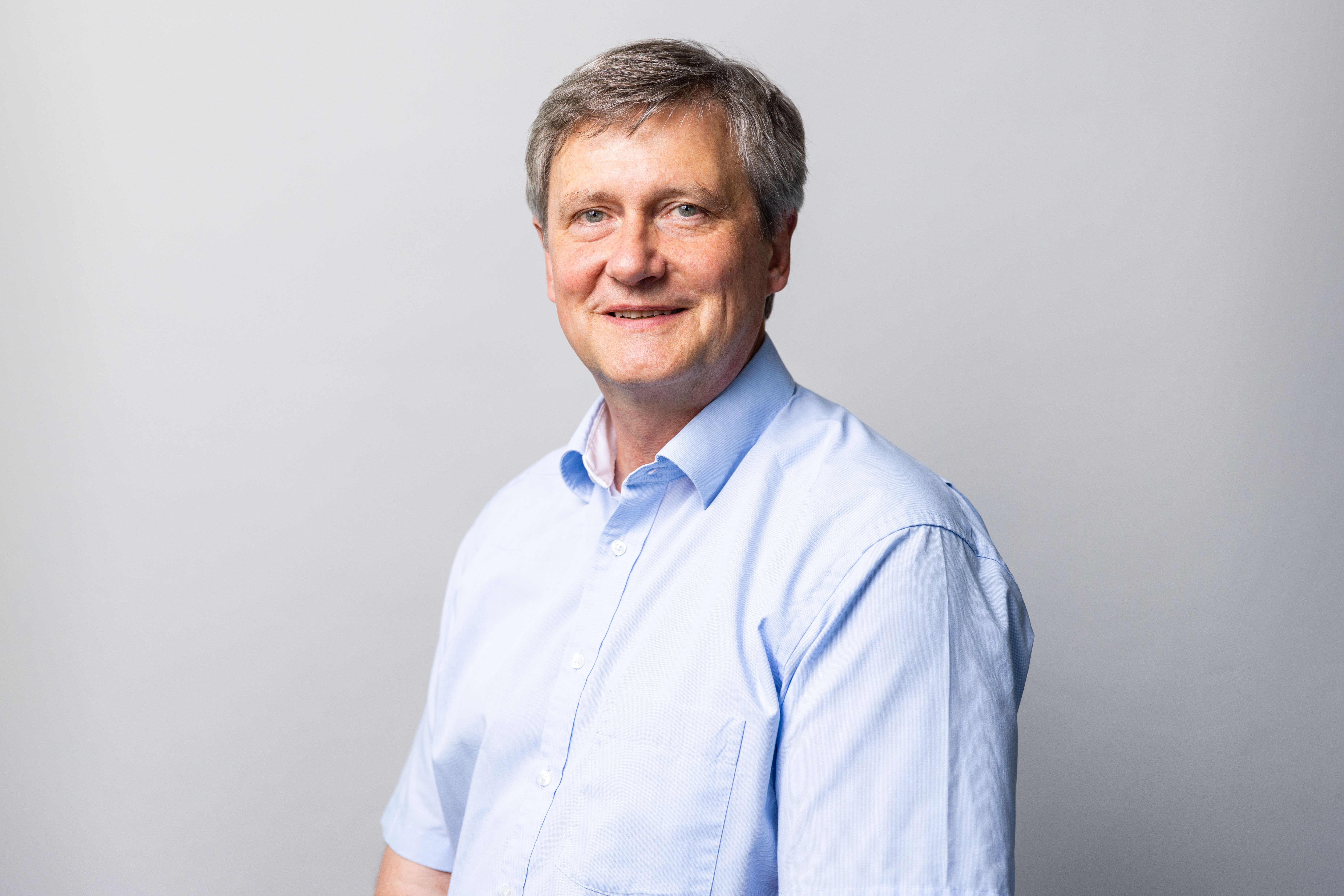
BIFOLD co-director among top 20 computer scientists worldwide
Klaus-Robert Müller, Co-Director of BIFOLD, has been ranked #20 globally and #3 in Germany in Research.com's 2025 list of the Best Scientists in Computer Science.
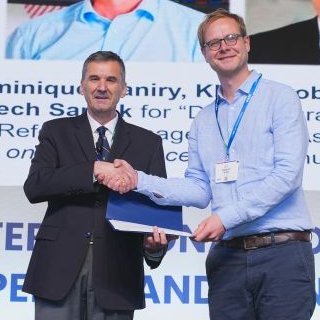
Best Paper Award for groundbreaking work on image quality assessment
Researchers from Fraunhofer Heinrich Hertz Institute and BIFOLD have received the prestigious IEEE Signal Processing Society Best Paper Award for their groundbreaking work on image quality assessment using deep neural networks.
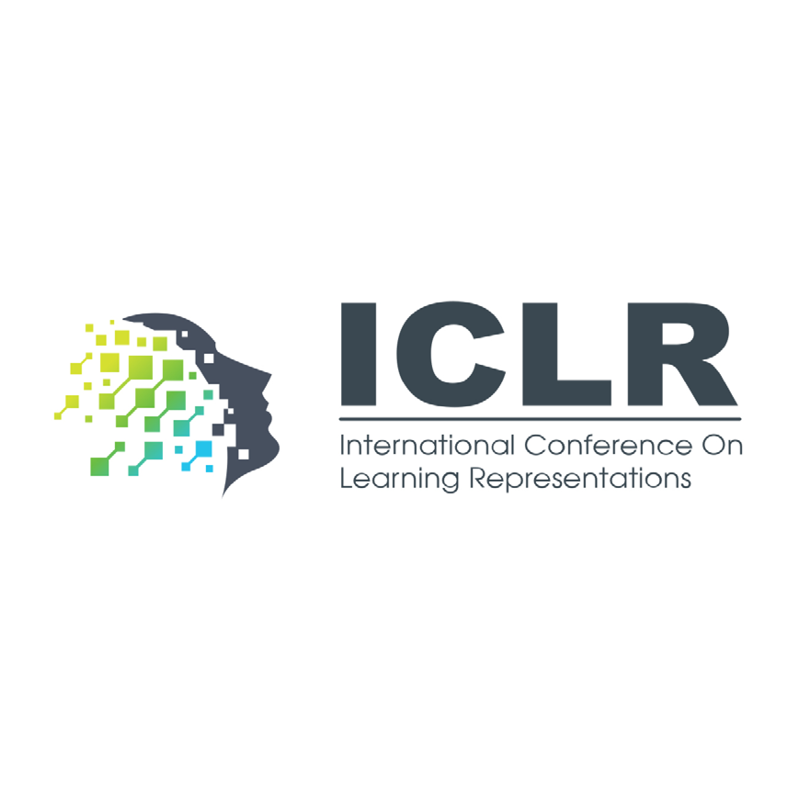
ICLR 2025 Conference Contributions
The BIFOLD research groups Machine Learning and Explainable Machine Learning in Medicine will participate in ICLR 2025, contributing eight papers, one blog article, and one talk. The conference is set for April 24-28, 2025, in Singapore.
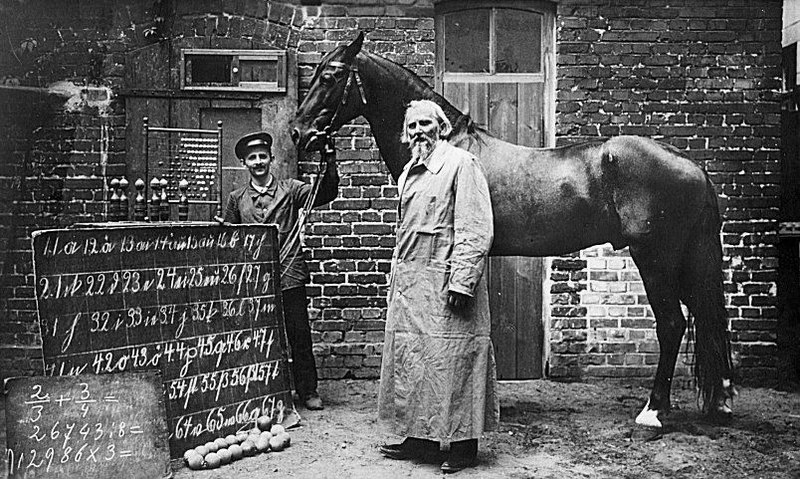
The Hidden Domino Effect
A team of BIFOLD researchers discovered that foundation models such as GPT, Llama, CLIP etc., trained by unsupervised learning methods, often produce compromised representations from which instances can be correctly predicted, although only supported by data artefacts. In a Nature Machine Intelligence publication the researchers propose an explainable AI technique that is able to detect the false prediction strategies.
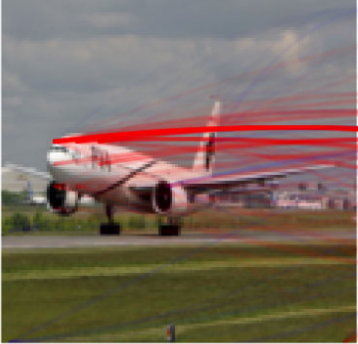
Insight into Deep Generative Models with Explainable AI
The just completed agility project "Understanding Deep Generative Models" focused on making ML models more transparent, in order to uncover hidden flaws in them, a research area known as Explainable AI.
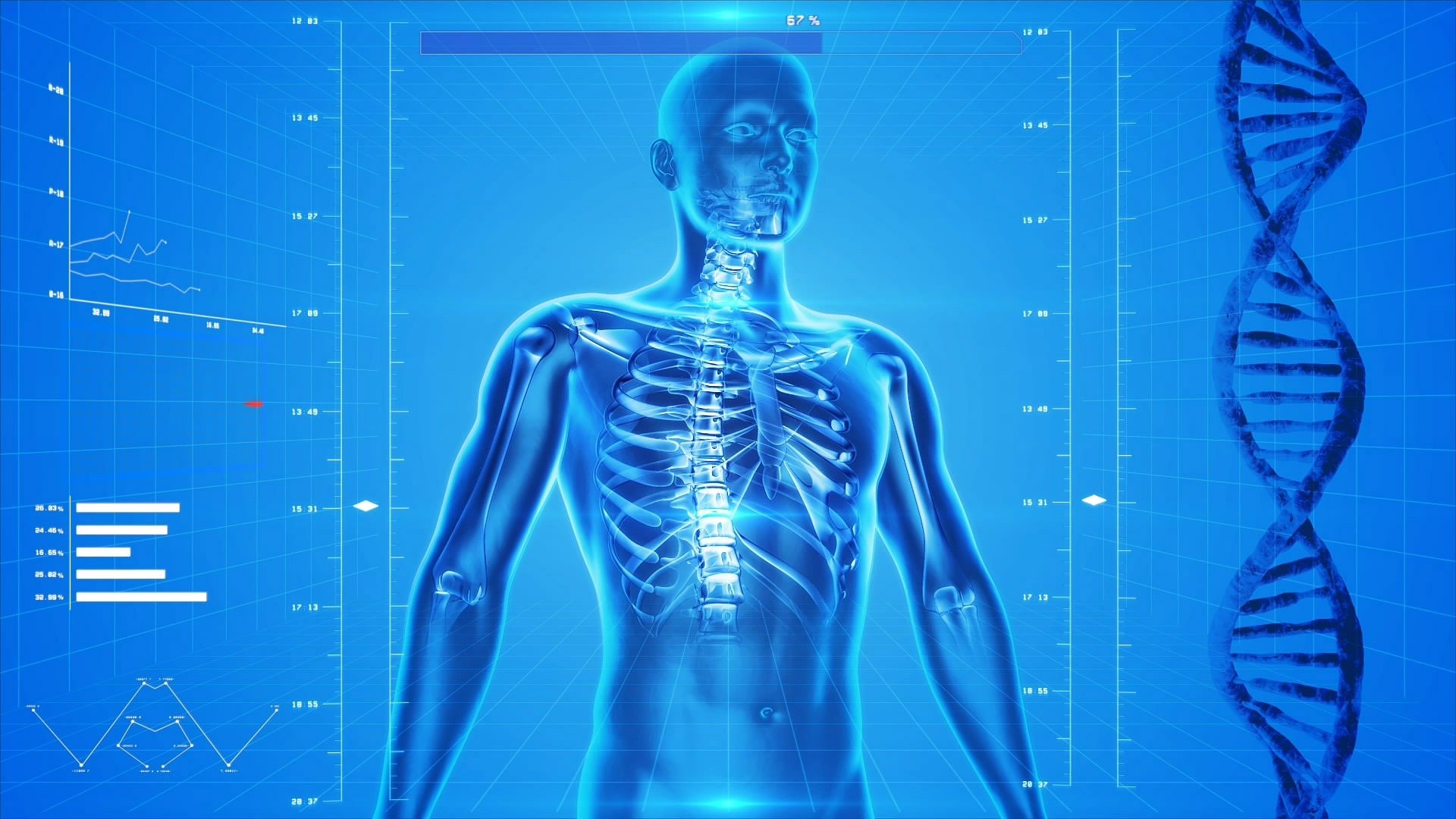
AI improves personalized cancer treatment
Personalized medicine aims to tailor treatments to individual patients. Until now, this has been done using a small number of parameters to predict the course of a disease. A team of researchers from different Universities and BIFOLD has developed a new approach to this problem using artificial intelligence (AI).

Feynman Prize for Prof. Dr. Klaus-Robert Müller
The Foresight Institute has awarded Prof. Dr. Klaus-Robert Müller, BIFOLD Co-director and Chair of the Machine Learning group at TU Berlin, with the 2024 Foresight Feynman Prize in Nanotechnology in the category of Theory.
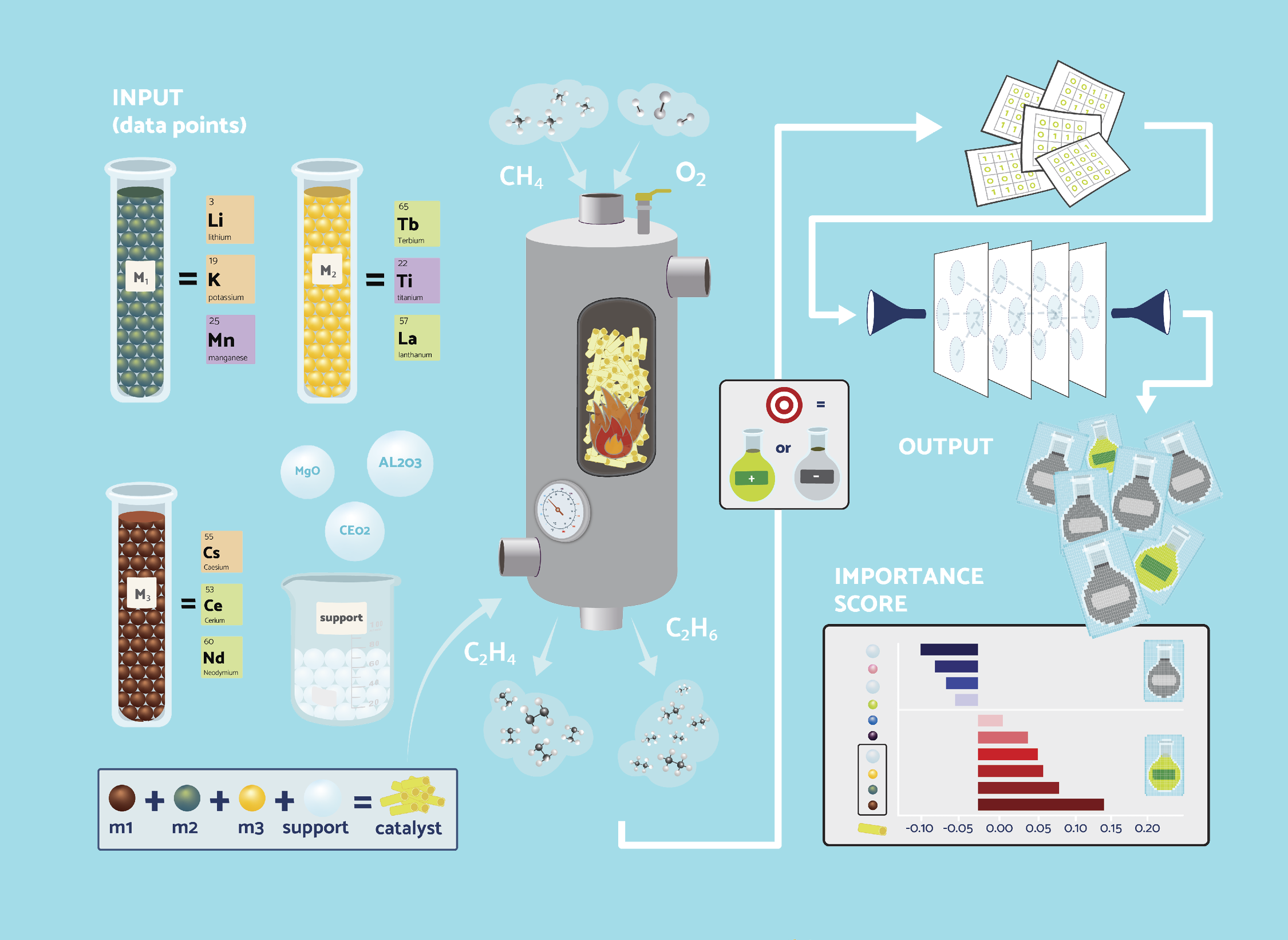
Machine learning accelerates catalyst discovery
Machine learning (ML) models have recently become popular in the field of heterogeneous catalyst design.

Klaus-Robert Müller on "Highly Cited Researchers" list
Since 2019, Prof. Dr. Klaus-Robert Müller has consistently appeared on the "Highly Cited" list, affirming his lasting contribution to groundbreaking research.

Explainable AI illuminates the course of history
Understanding the evolution and dissemination of human knowledge over time is a long-cherished dream of many historians. A dream that faced many challenges due to the abundance of historical materials and limited specialist resources. However, the digitization of many historical archives presents new opportunities for AI-supported analysis.
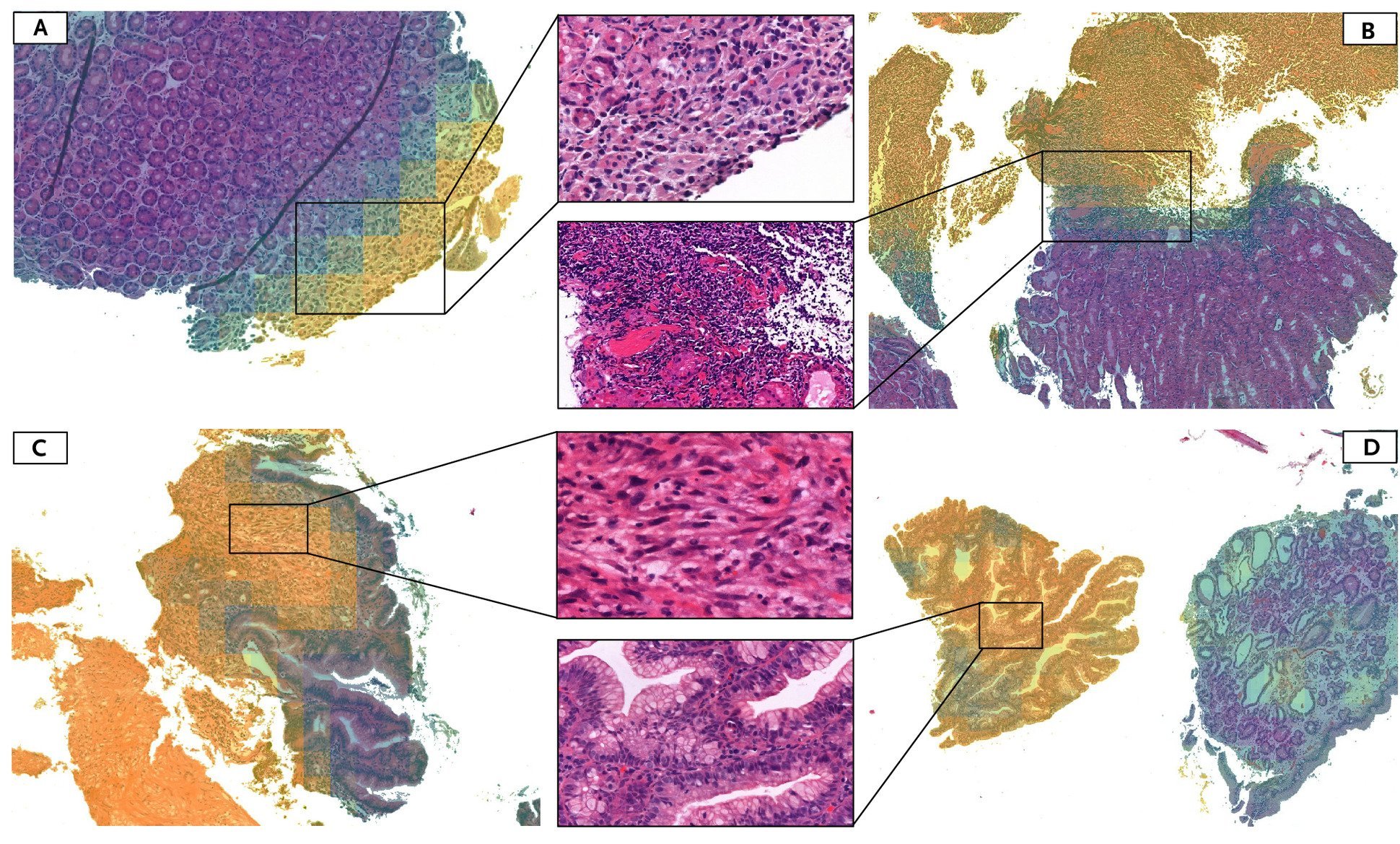
AI in medicine: new approach for more efficient diagnostics
Researchers from LMU, BIFOLD, and Charité have developed a new AI tool that uses imaging data to also detect less frequent diseases of the gastrointestinal tract. In contrast to conventional models, the new AI only needs training data from common findings to detect deviations.
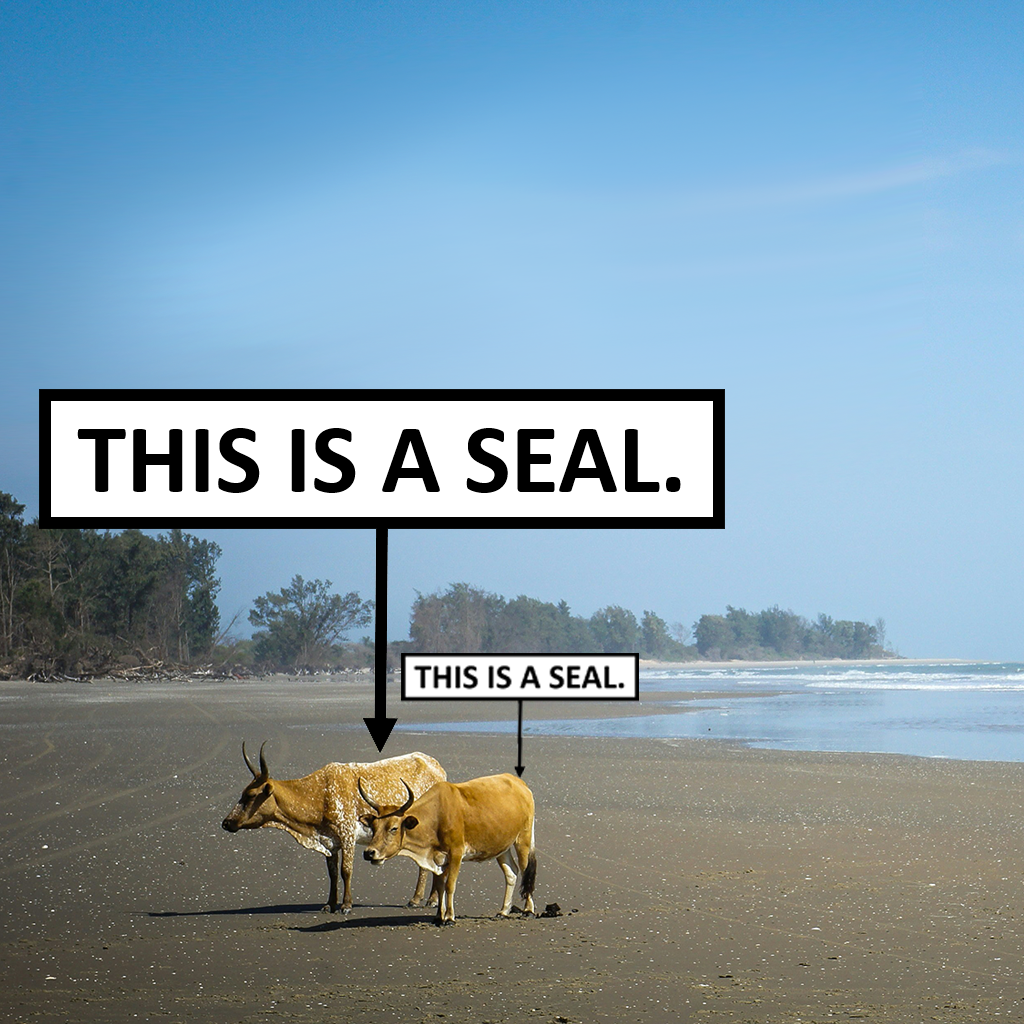
Publication Highlight – Pruning Clever-Hans strategies
Hidden Clever-Hans effects can undermine the reliability of AI models. The paper “Preemptively pruning Clever-Hans strategies in deep neural networks” introduces a method that corrects biases in neural networks without prior knowledge of faulty features.
The Berlin AI Roundtable
At the invitation of the Governing Mayor of Berlin, Kai Wegner, key players from business, academia, and digitalization gathered for a cross-departmental AI roundtable at the Red Town Hall.
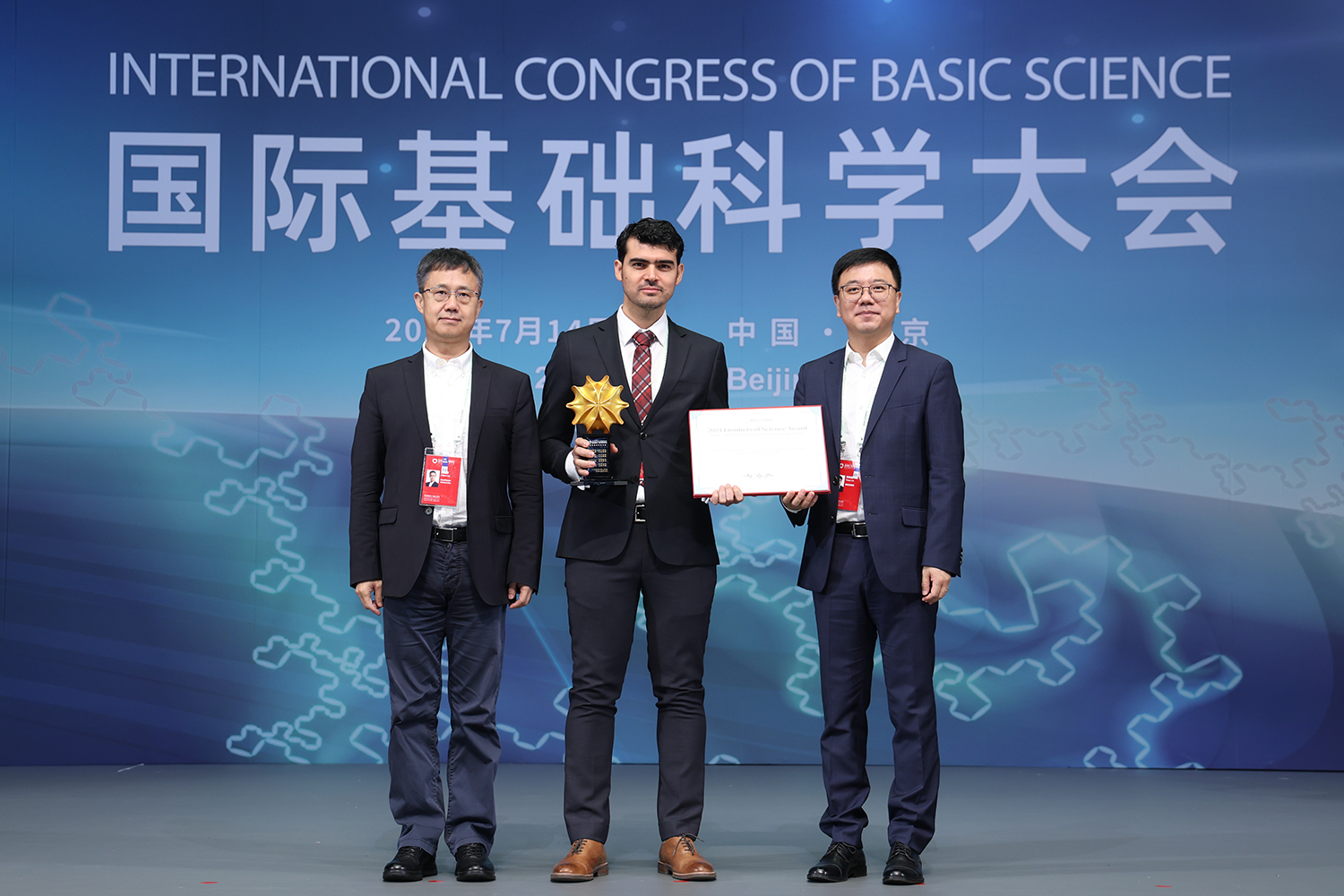
BIFOLD researchers honored with 2024 Frontiers of Science Award
The award honors the paper “SchNet - a deep learning architecture for molecules and materials,” by Kristof T. Schütt, Huziel E. Sauceda, Peter-Jan Kindermans, Alexandre Tkatchenko, and Klaus-Robert Müller. The paper introduces SchNet, a model that enhances molecular property predictions.

Simulation of quantum systems
Researchers from the Berlin Institute for the Foundations of Learning and Data (BIFOLD) at TU Berlin and Google DeepMind have now developed a novel machine learning algorithm which enables highly accurate simulations of the dynamics of a single or multiple molecule on long time-scales.
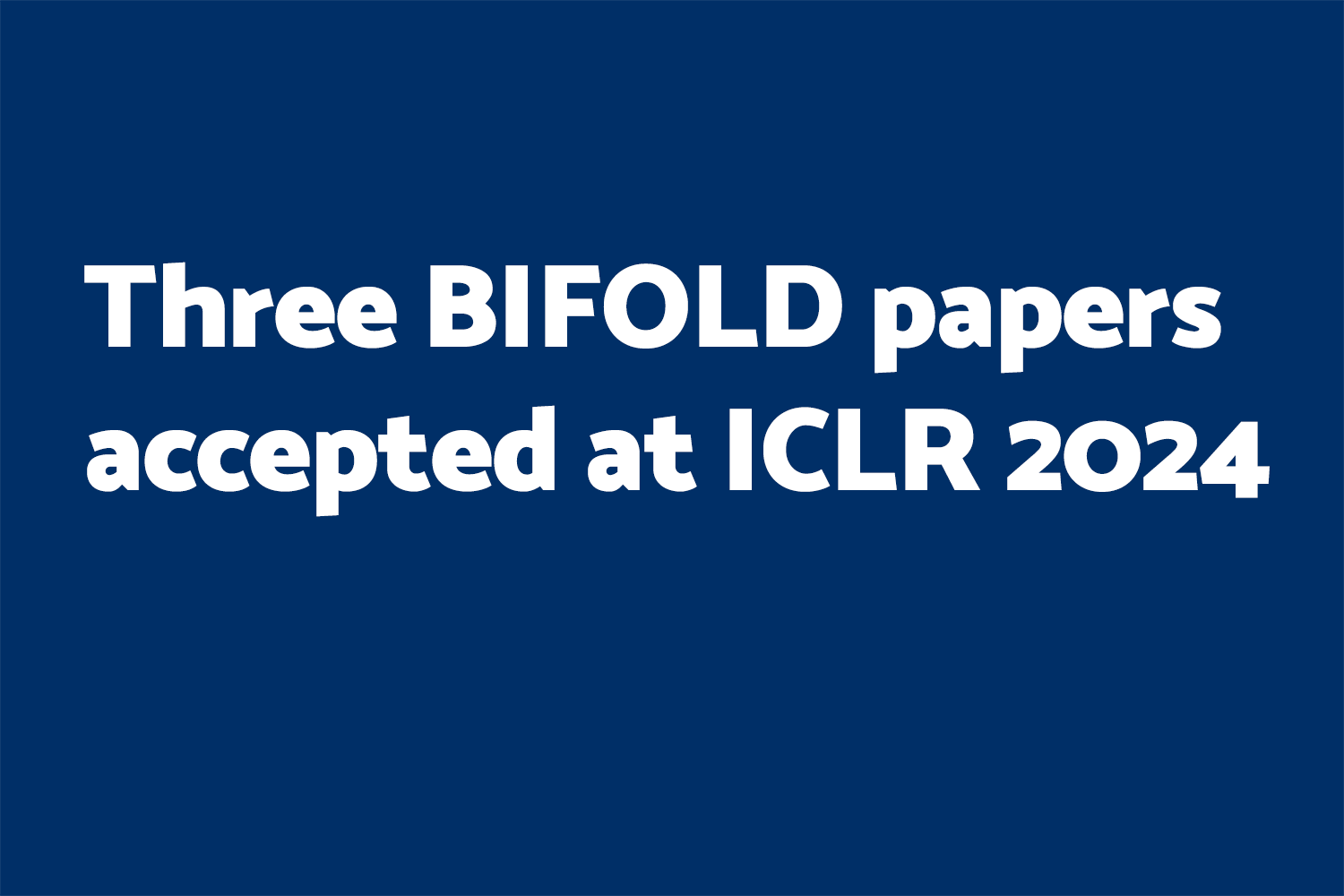
BIFOLD researchers present three papers at ICLR 2024
The International Conference on Learning Representations (ICLR) is a Core-A gathering of experts who are dedicated to advancing a branch of artificial intelligence known as representation learning, which is also called deep learning.
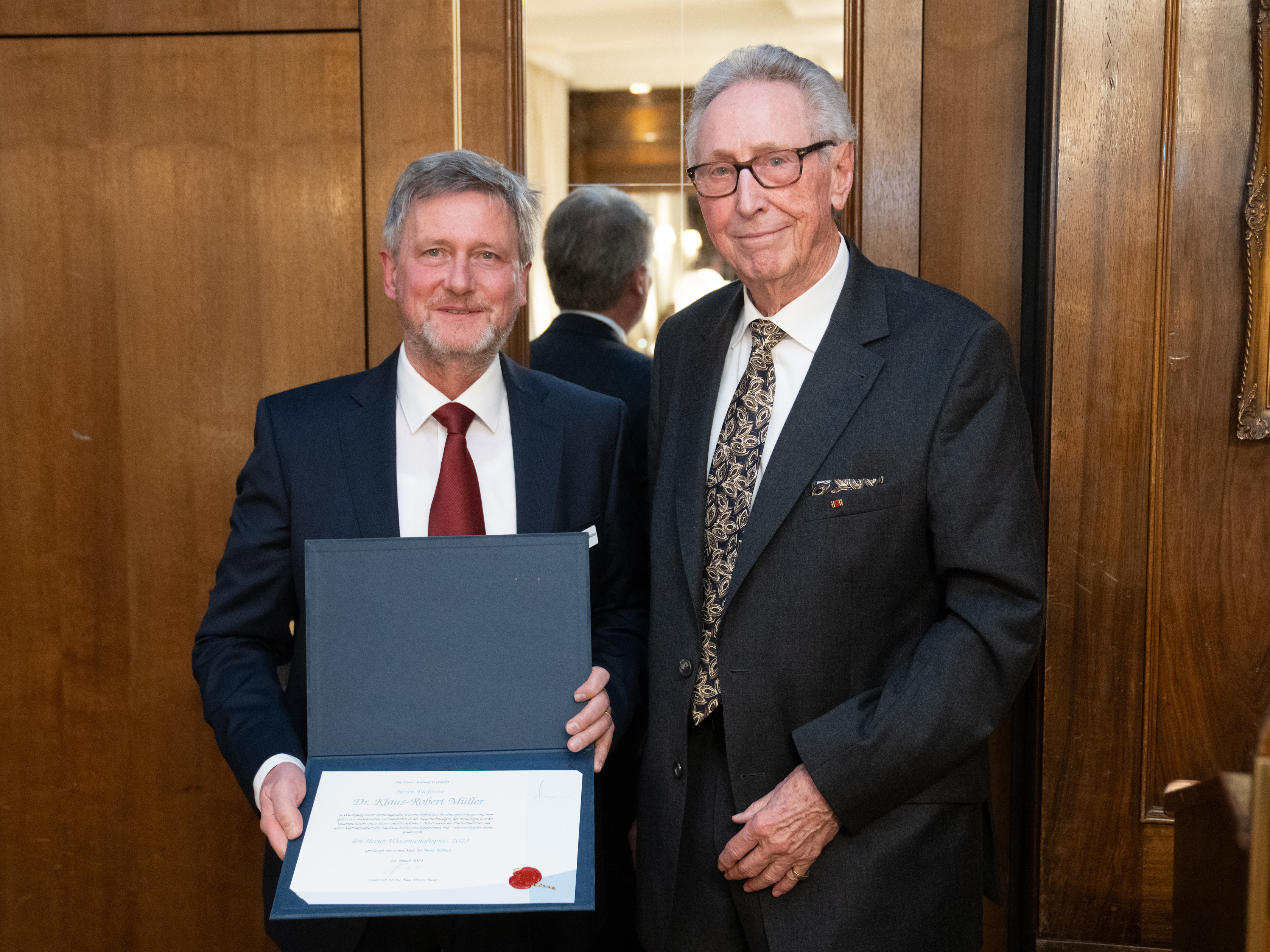
Hector Science Award for Klaus-Robert Müller
In 2024, the prestigious Hector Science Prize, endowed with 150,000 Euros, has been awarded to Klaus-Robert Müller, Professor at TU Berlin and Director of the Berlin Institute for the Foundations of Learning and Data (BIFOLD).
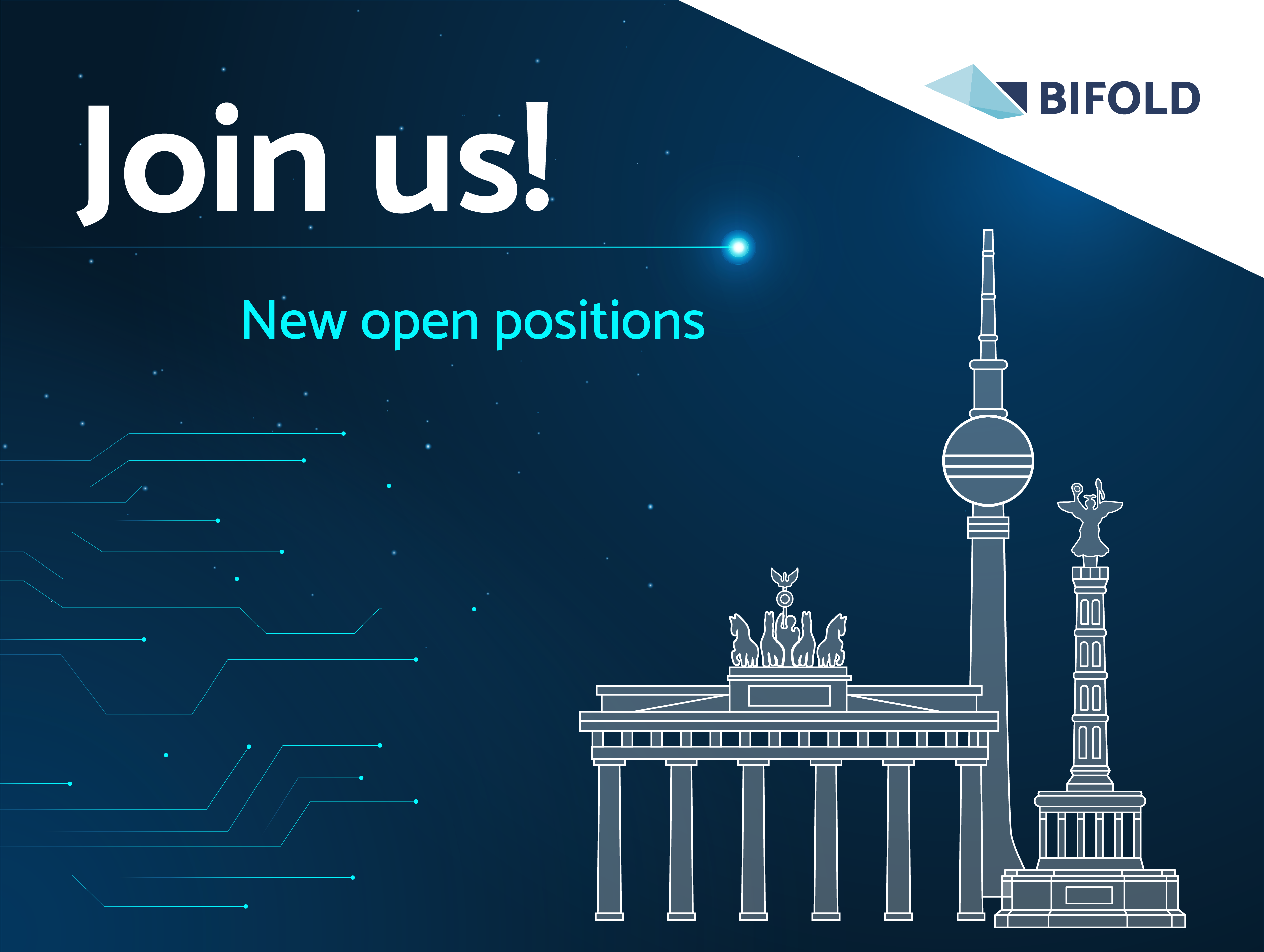
New open research positions
Join BIFOLD and collaborate with renowned experts on cutting-edge Machine Learning and Data Management research! Develop robust, trustworthy, and sustainable AI solutions with our team of international scientists.
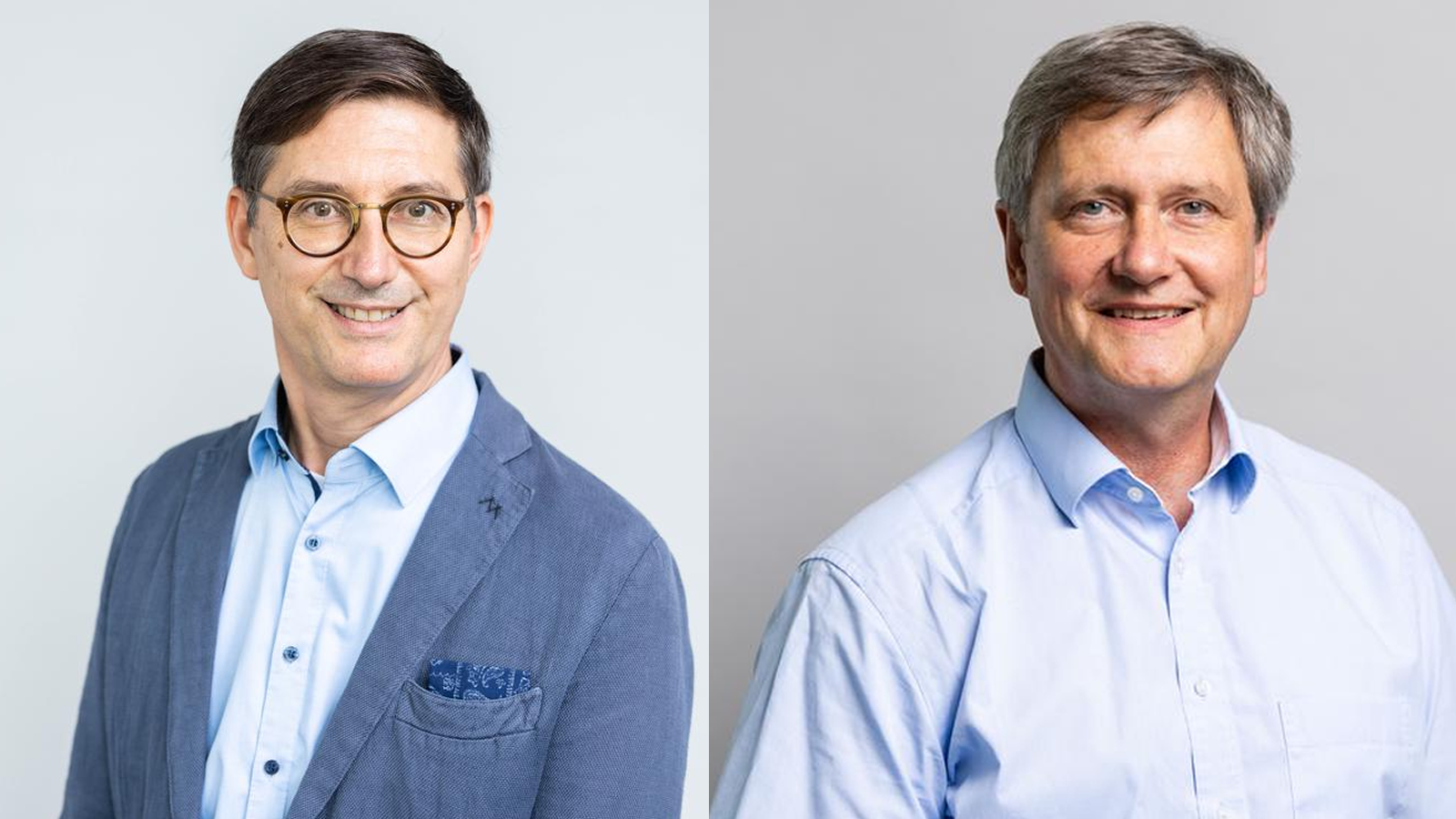
Shaping Berlin's scientific community
The two BIFOLD initiators and co-directors, Prof. Dr. Volker Markl and Prof. Dr. Klaus-Robert Müller, are considered by the newspaper Berliner Tagesspiegel to be among the 100 most important figures in Berlin's scientific community.

CORALS at Tokyo Biennale 2023
CORALS is a kinetic sound sculpture by the Italian media artist Marco Barotti. The installation was created as part of the BIFOLD Artist in Residence Program and is now being exhibited at one of the largest art fairs in Asia.
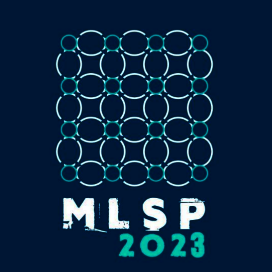
33rd IEEE MLSP Workshop in Rome
Between September 17th and 20th, the 33rd annual "IEEE International Workshop on Machine Learning for Signal Processing" (MLSP) takes place in Rome. Prof. Klaus-Robert Müller, the director of BIFOLD, shared his expertise in machine learning through a keynote speech and panel discussions.
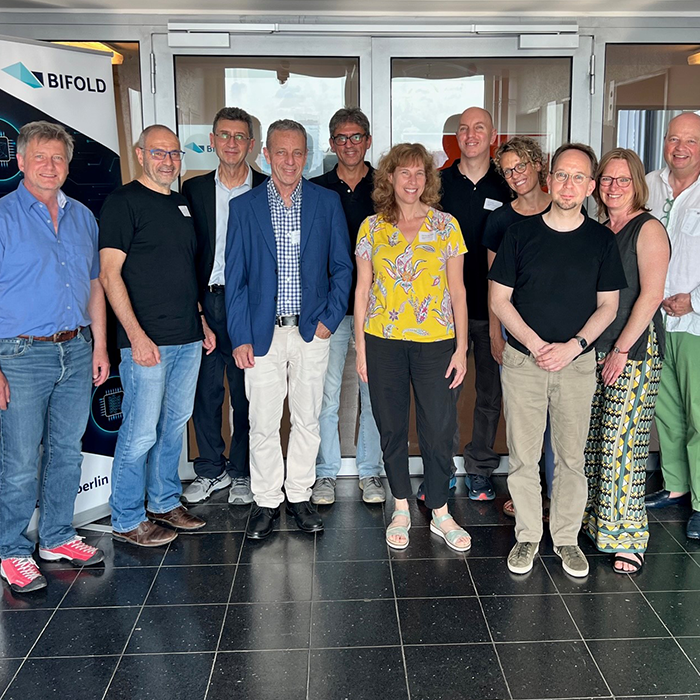
BIFOLD welcomes Israel delegation
Among other institutions the BIFOLD hosted a delegation from Israeli universities as part of Germany's "Willkommen" Visitors Programme. Various BIFOLD researchers gave a short introduction to their research foci in AI. The “Willkommen” programme invites opinion leaders to experience Germany and gain a nuanced understanding of the country.

The swan song of the corals
The installation CORALS by BIFOLD Artist in Residence Marco Barotti addresses the effects of climate change using coral reefs as an example. With the help of machine learning models, the artist modulates satellite data and shapes it into a mystical tapestry of sound.
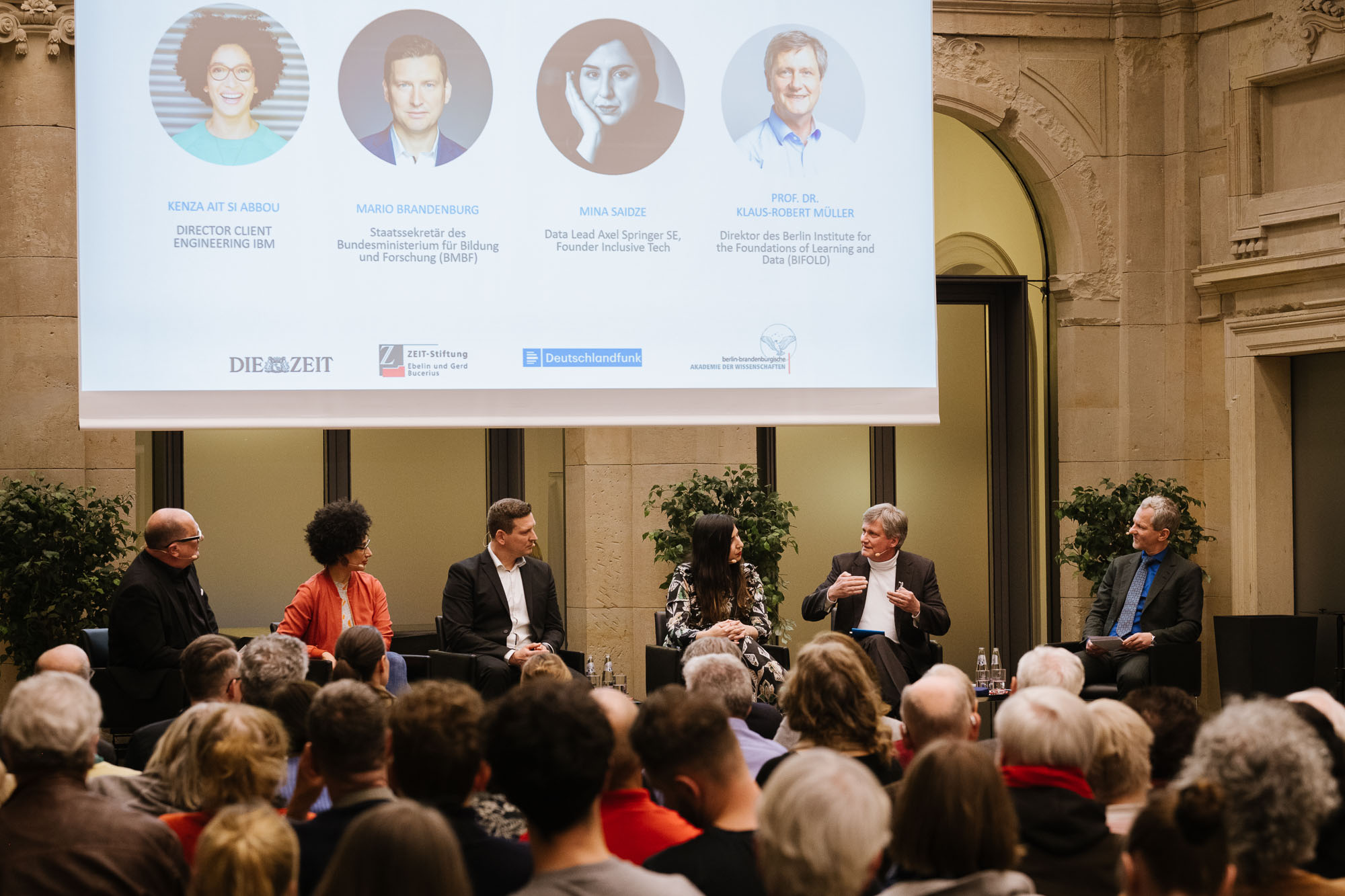
How AI revolutionizes everyday life
At the 88th ZEIT Forum Wissenschaft BIFOLD Director Prof. Dr. Klaus-Robert Müller discussed with Kenza Ait Si Abbou, Director Client Engineering IBM, Mina Saidze, Data Lead Axel Springer SE, and Mario Brandenburg, Parliamentary State Secretary BMBF, how Artificial Intelligence is affecting our everyday life. The recording of the debate is available here.
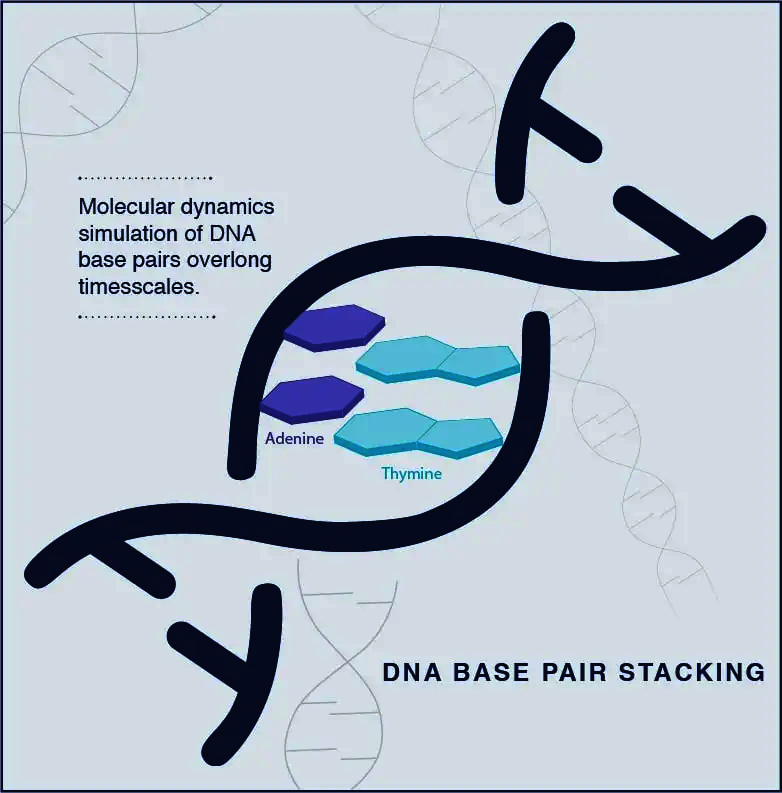
Simulation of complex quantum systems
An international team of BIFOLD scientists together with scientists from the Université du Luxembourg and Google has now successfully developed a machine learning algorithm to simulate complex quantum system.
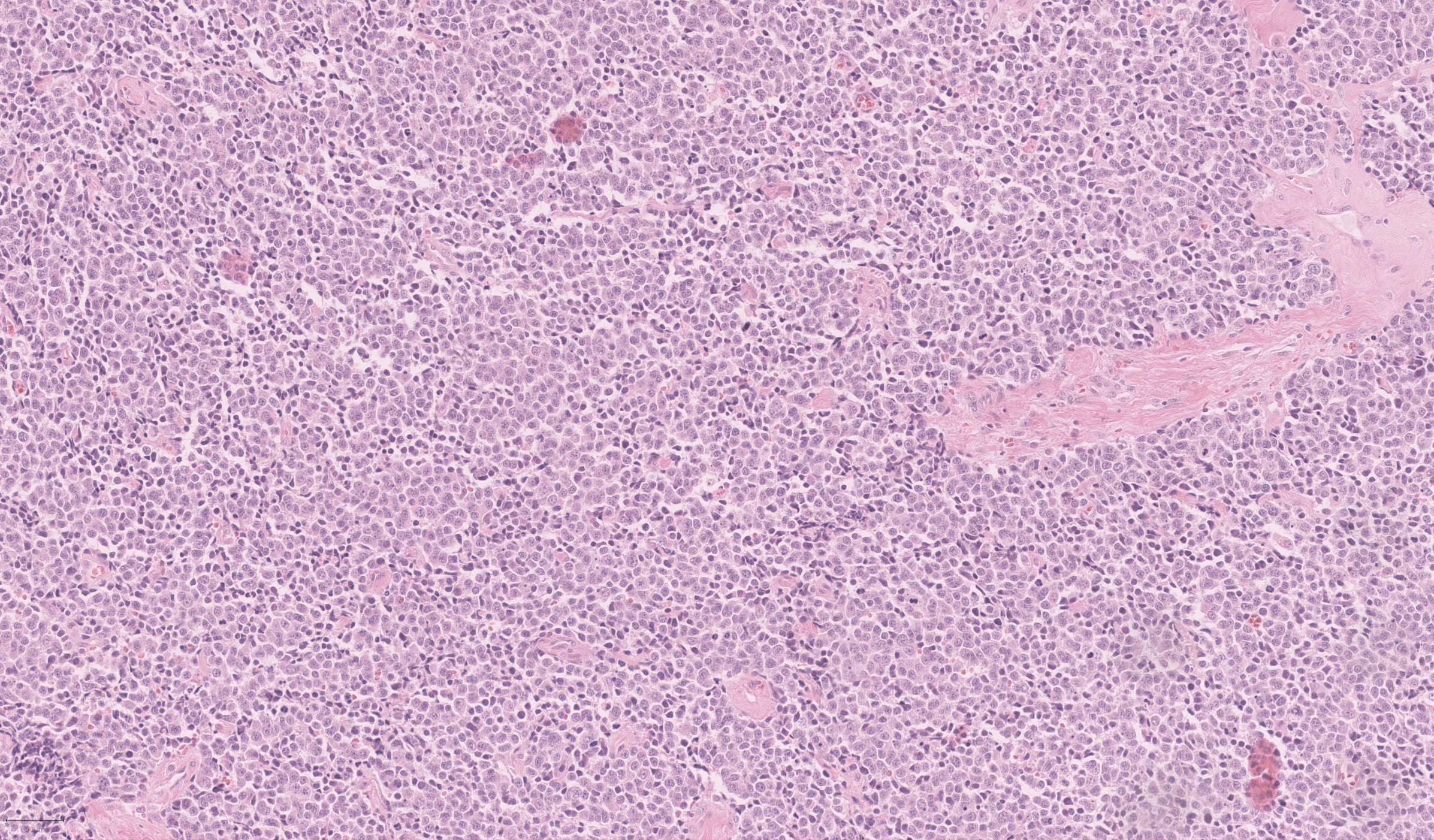
AI facilitates breakthrough in cancer diagnostics
So-called sinonasal undifferentiated carcinomas (SNUCs) are extremely difficult to diagnose. An interdisciplinary team of researchers has developed an AI tool that reliably distinguishes tumors on the basis of chemical DNA modifications
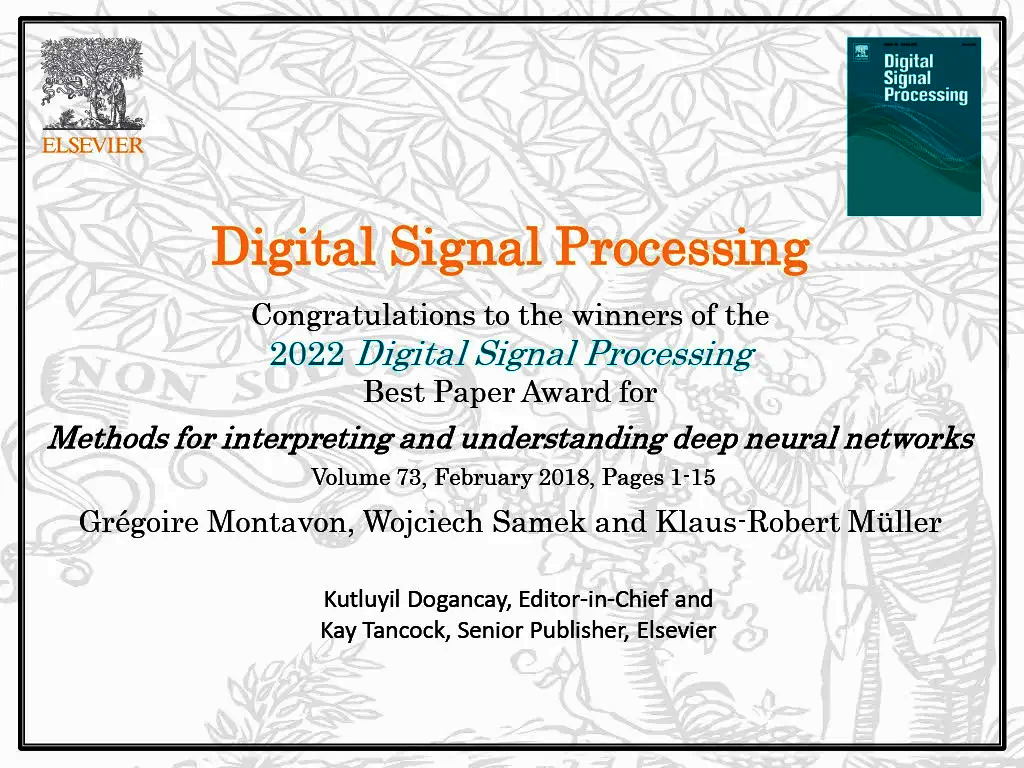
DSP Best Paper Prize
BIFOLD researchers Prof. Klaus-Robert Müller, Prof. Wojciech Samek and Prof. Grégoire Montavon were honored by the journal Digital Signal Processing (DSP) with the 2022 Best Paper Prize. The DSP mention of excellence highlights important research findings published within the last five years.
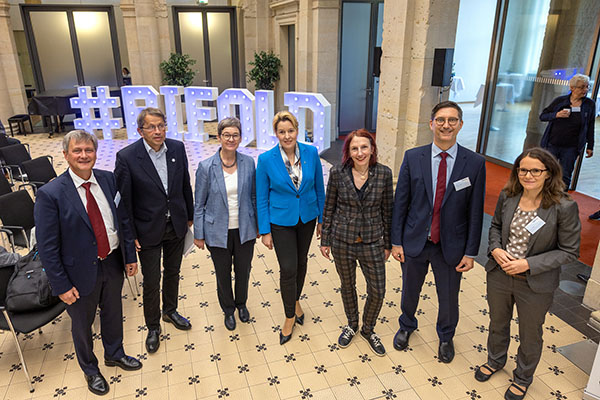
More AI for Berlin
BIFOLD celebrates permanent federal-state funding with an international symposium and a ceremony.

A Poetic Dialogue of Art & Science
The Italian media artist Marco Barotti is BIFOLD artist in residence 2022. The goal of the residence program titled “Art of Entanglement” is to combine artistic and scientific perspectives on artificial intelligence. Marco Barotti will receive a total of 30,000 euros to create an artistic project of his choice, shaped by his regular interaction with BIFOLD researchers. “I am very excited about the opportunity to pursue a new dimension in my art working together with researchers at BIFOLD”, so Marco Barotti.
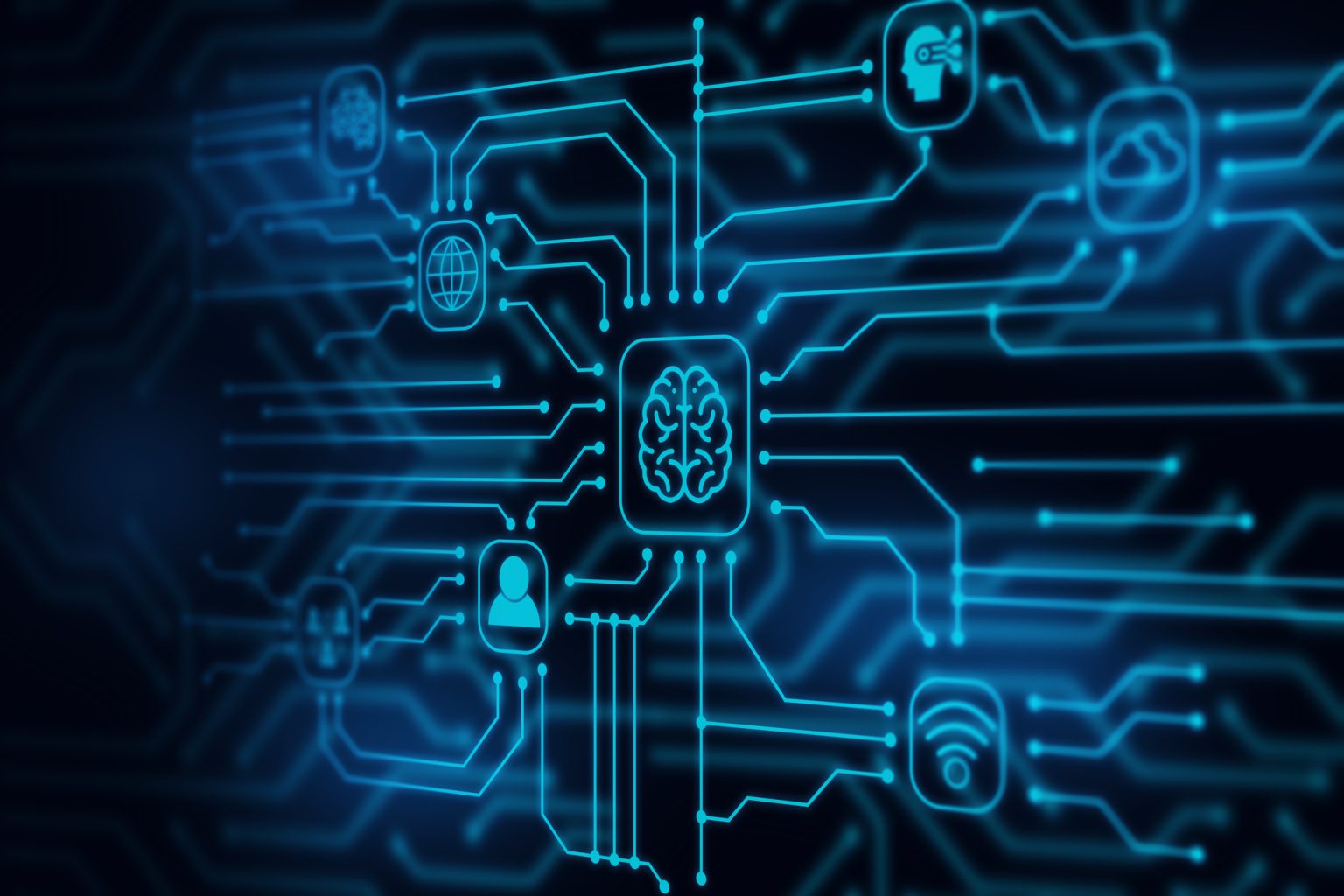
Multi-Million funding for AI research “Made In Berlin”
Berlin’s AI competence center the Berlin Institute for the Foundations of Learning and Data (BIFOLD) at Technische Universität Berlin (TUB) has now made the transition from project funding to permanent joint funding provided by the federal government and the State of Berlin. This sees the establishment of a national AI competence center in Berlin that will make an important contribution to the development and applications of artificial intelligence. Through a partnership with Charité – Universitätsmedizin Berlin, BIFOLD is set to become a cross-university central institute in the near future.
Wojciech Samek and Klaus-Robert Mueller Published new book on XAI
To tap the full potential of artificial intelligence, not only do we need to understand the decisions it makes, these insights must also be made applicable. This is the aim of the new book “xxAI – Beyond Explainable AI”, edited by Wojciech Samek, head of the Artificial Intelligence department at the Fraunhofer Heinrich Hertz Institute (HHI) and BIFOLD researcher and Klaus-Robert Mueller, professor of machine learning at the Technical University of Berlin (TUB) and co-director at BIFOLD.
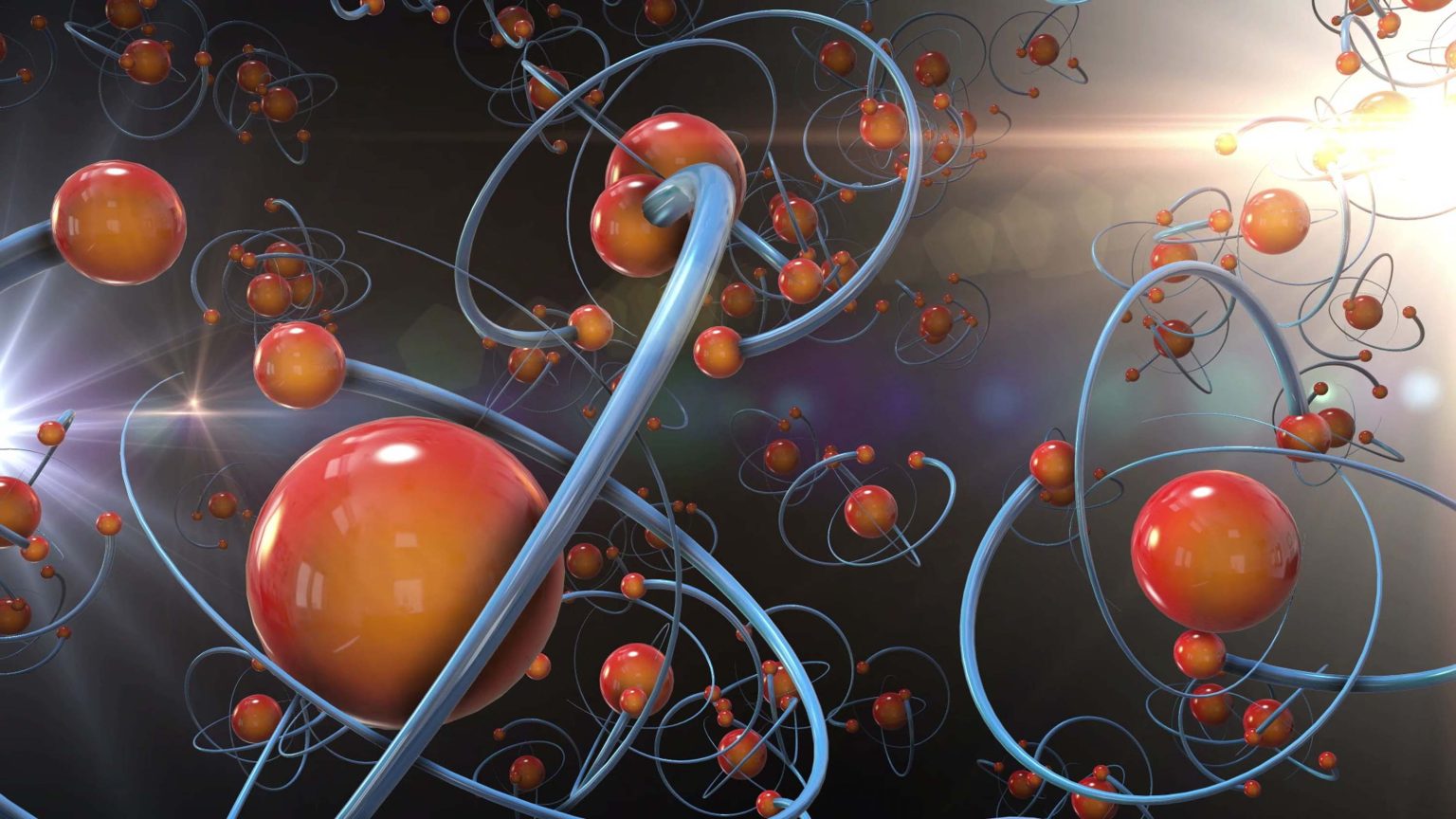
Function determines Form
An interdisciplinary research group has developed an algorithm which uses AI to implement inverse chemical design and thus generates targeted molecules based on their desired properties. The BIFOLD researchers expect that such algorithms, used in concert with other AI-driven approaches and quantum chemical methods, can greatly accelerate the search for new molecules and materials in many practical areas.

Tracking spooky action at a distance
The use of AI in classical sciences such as chemistry, physics, or mathematics remains largely uncharted territory. Researchers from the Berlin Institute for the Foundation of Learning and Data (BIFOLD) at TU Berlin and Google Research have successfully developed an algorithm to precisely and efficiently predict the potential energy state of individual molecules using quantum mechanical data. Their findings, which offer entirely new opportunities for material scientists, have now been published in the paper “SpookyNet: Learning Force Fields with Electronic Degrees of Freedom and Nonlocal Effects” in Nature Communications.
Two BIFOLD papers ranked as ESI Highly Cited and Hot Papers
Two machine learning papers by BIFOLD researchers received the “Essential Science indicators” (ESI) “Highly Cited” and “Hot Papers” labels for their impact in the science community.
Science & Startups launches AI initiative
Science & Startups is the association of the four startup services of Freie Universität Berlin, Humboldt-Universität zu Berlin, Technische Universität Berlin and Charité – Universitätsmedizin Berlin. Now they officially launched their new focus programme: K.I.E.Z. (Künstliche Intelligenz Entrepreneurship Zentrum). K.I.E.Z. will be carried out in close cooperation with the Berlin Institute for the Foundations of Learning and Data (BIFOLD).
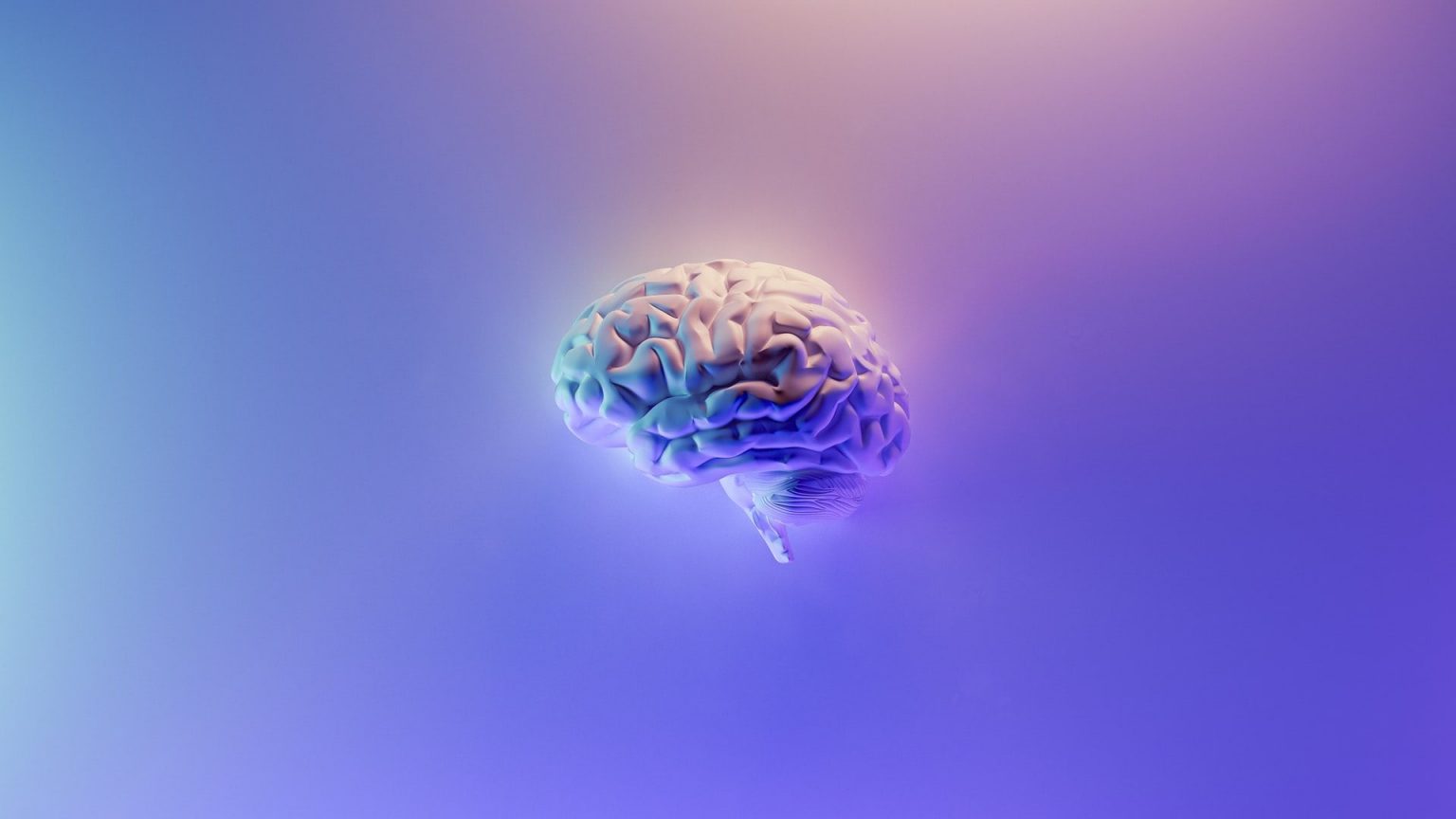
New type of algorithm for brain research
Together with an international team of researchers from Mayo Clinic BIFOLD Co-Director Prof. Dr. Klaus-Robert Müller developed a new type of algorithm to explore which regions of the brain interact with each other. Their results could improve brain stimulation devices to treat disease. For millions of people with epilepsy and movement disorders such as Parkinson’s disease, electrical stimulation of the brain already is widening treatment possibilities. In the future, electrical stimulation may help people with psychiatric illness and direct brain injuries, such as stroke.
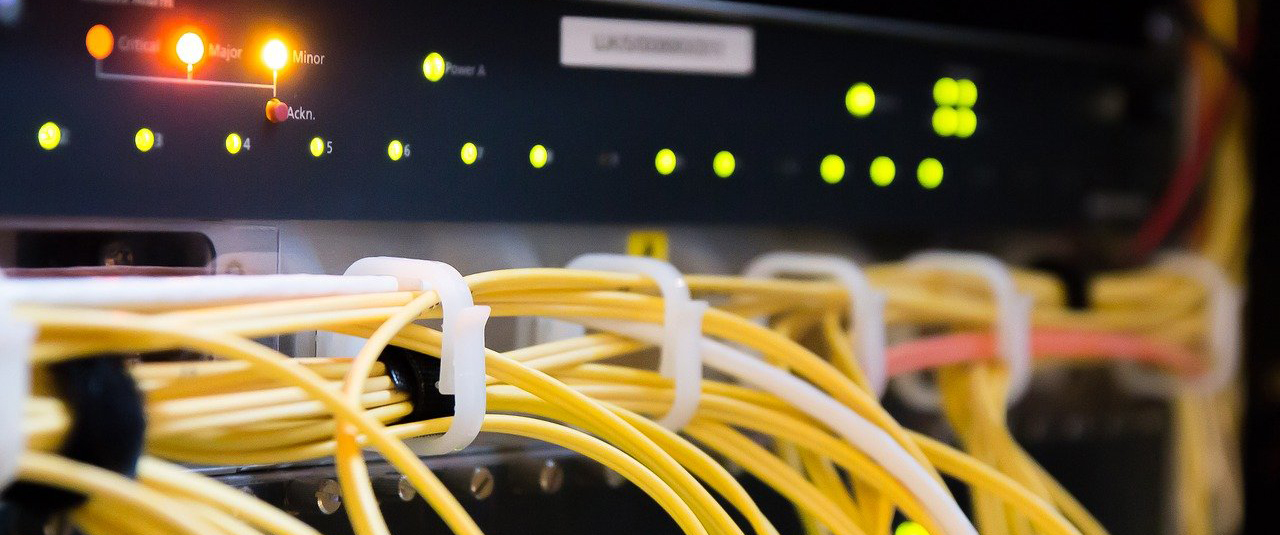
New cutting-edge IT infrastructure
A future-proof IT infrastructure is increasingly becoming a decisive competitive factor – this applies not only to companies, but especially to research. In recent months, BIFOLD has been able to invest around 1.8 million euros in new research hardware, thereby significantly increasing the institute’s computing capacity. This cutting-edge IT infrastructure was financed by the German Federal Ministry of Education and Research (BMBF).
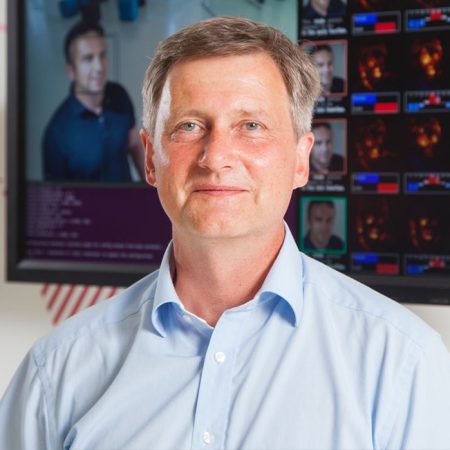
Using math to reduce energy consumption
Klaus-Robert Müller, professor of machine learning at TU Berlin and Co-Director of the Berlin Institute for the Foundations of Learning and Data (BIFOLD), discusses computation time as a climate killer and his predictions for science in 80 years.
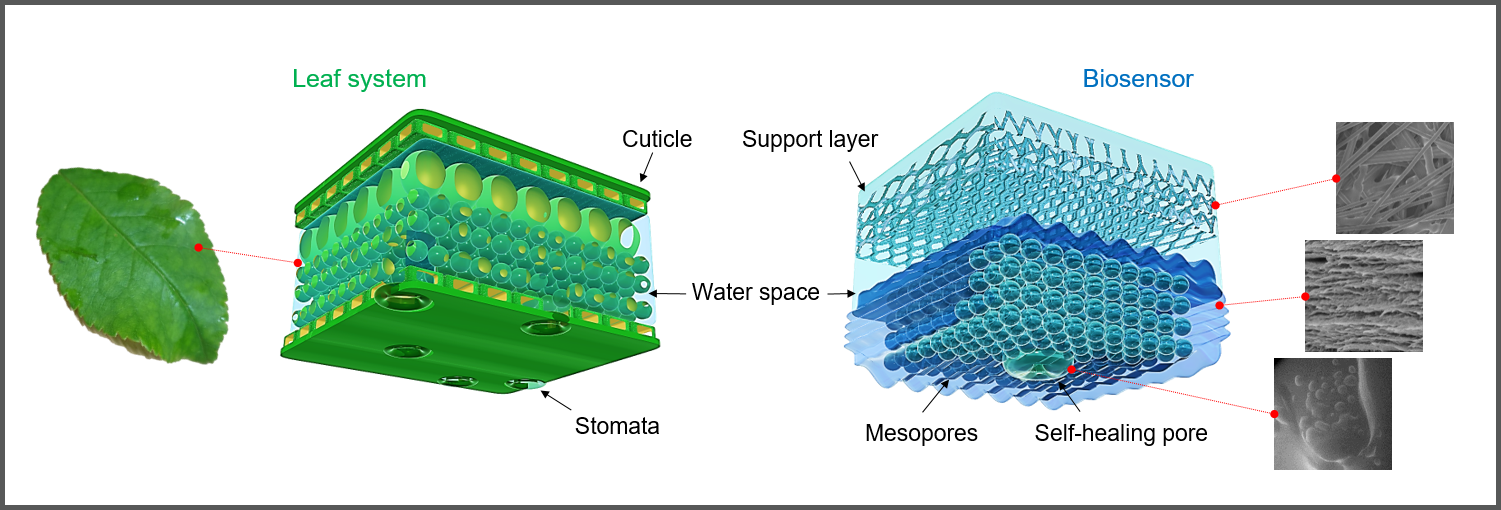
Tapping into nature’s wisdom
Electroencephalography (EEG), electrocardiography (ECG), electromyography (EMG) – all of these non-invasive medical diagnostic methods rely on an electrode to measure and record electrical signals or voltage fluctuations of muscle or nerve cells underneath the skin. Depending on the type of diagnostics, this can then be used to measure electrical brain waves, or the currents in the heart or muscles. Present methods use metal sensors which are attached to the skin using a special gel to ensure continuous contact. Researchers at the University of Korea and Technische Universität Berlin have now developed so-called biosensors made of the plant material cellulose. They not only offer better and more durable conductivity than conventional electrodes. They are also 100 percent natural, reusable, do not cause skin irritation like other gels and are biodegradable. The paper “Leaf inspired homeostatic cellulose biosensors” has now been published in the renowned journal Science Advances.
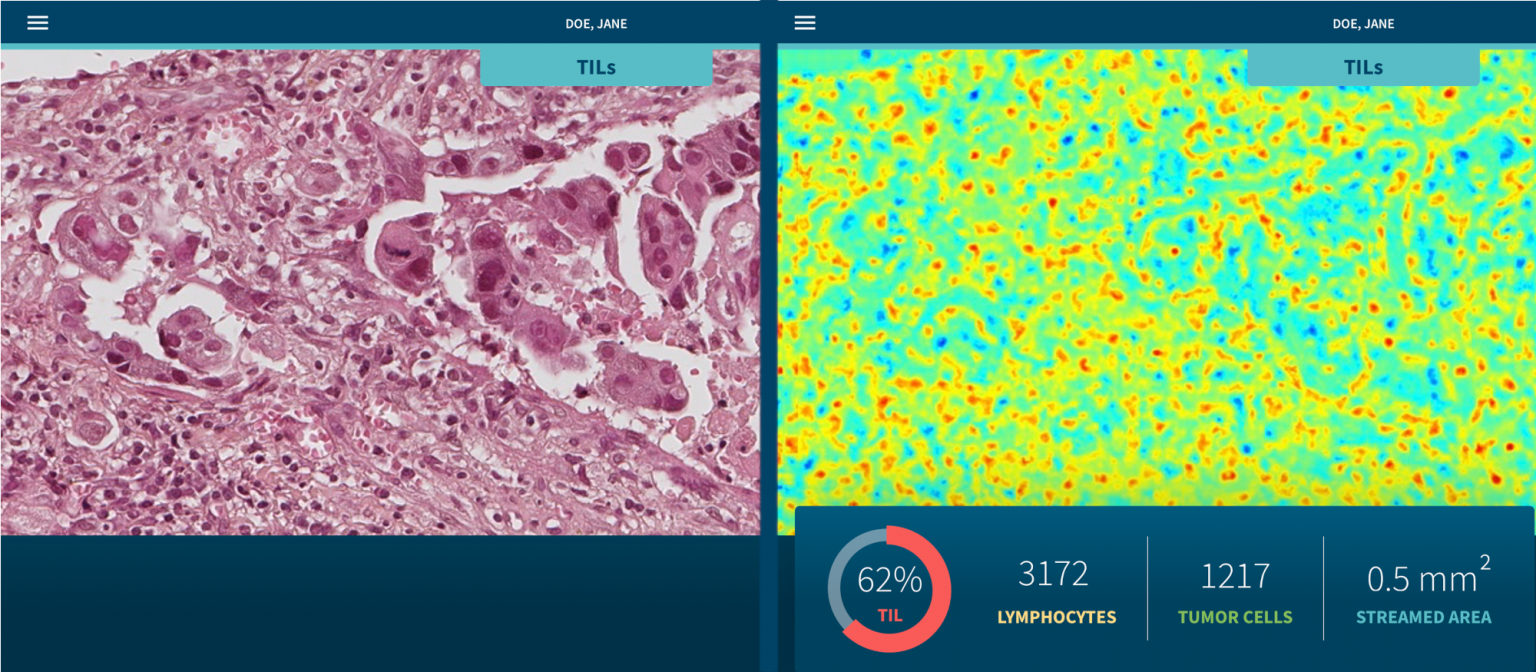
KI in der Medizin muss erklärbar sein
Wissenschaftler*innen der TU Berlin und der Charité – Universitätsmedizin Berlin sowie der Universität Oslo haben ein neues Analyse-System für die Brustkrebsdiagnostik anhand von Gewebeschnitten entwickelt, das auf Künstlicher Intelligenz (KI) beruht. Zwei Weiterentwicklungen machen das System einzigartig: Zum einen integriert es erstmals morphologische, molekulare und histologische Daten in einer Auswertung. Zum zweiten liefert es eine Erklärung des KI-Entscheidungsprozesses in Form von sogenannten Heatmaps mit. Diese Heatmaps zeigen Pixel für Pixel welche Bildinformation wie stark zu dem KI-Entscheidungsprozess beigetragen hat. Dadurch können die Mediziner*innen das Ergebnis der KI-Analyse nachvollziehen und auf Plausibilität prüfen. Künstliche Intelligenz wird damit erklärbar – ein entscheidender und unabdingbarer Schritt nach vorn, will man KI-Systeme künftig im Klinik-Alltag zur Unterstützung der Medizin einsetzen. Die Forschungsergebnisse wurden jetzt in Nature Machine Intelligence veröffentlicht.
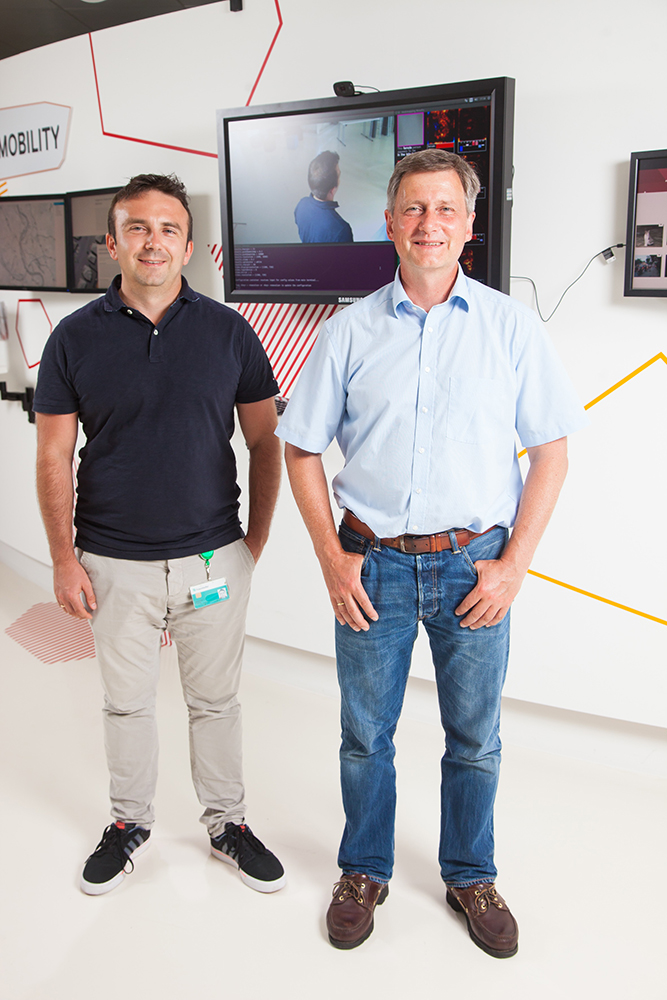
BIFOLD fellow Dr. Wojciech Samek heads newly established AI research department at Fraunhofer HHI
The Fraunhofer Heinrich Hertz Institute (HHI) has established a new research department dedicated to “Artificial Intelligence”. The AI expert and BIFOLD Fellow Dr. Wojciech Samek, previously leading the research group “Machine Learning” at Fraunhofer HHI, will head the new department. With this move Fraunhofer HHI aims at expanding the transfer of its AI research on topics such as Explainable AI and neural network compression to the industry.
BIFOLD research into ML for molecular simulation is among the 2020 most downloaded annual reviews articles
The paper “Machine Learning for Molecular Simulation” by BIFOLD Co-Director Prof. Dr. Klaus-Robert Müller, Principal Investigator Prof. Dr. Frank Noé and colleagues was among the top 10 most downloaded physical science articles of Annual Reviews in 2020.
BIFOLD researchers are among the most cited worldwide
BIFOLD Co-Director Prof. Dr. Klaus-Robert Müller and Principal Investigators Prof. Dr. Giuseppe Caire and Prof. Dr. Frank Noé are featured in the 2020 Highly Cited Researchers™ list, either Cross-Field or in the Computer Sciences.
BIFOLD research paper on machine learning for quantum chemistry published in Nature Communications
The Paper “Quantum chemical accuracy from density functional approximations via machine learning” by Mihail Bogojeski, Leslie Vogt-Maranto, Mark E. Tuckerman, Klaus-Robert Müller, Kieron Burke was published in Nature Communications. In this paper, the authors leverage machine learning to calculate coupled-cluster energies from DFT densities, reaching much better quantum chemical accuracy on test data than achieved with previous available methods. Moreover, their approach significantly reduced the amount of training data required.
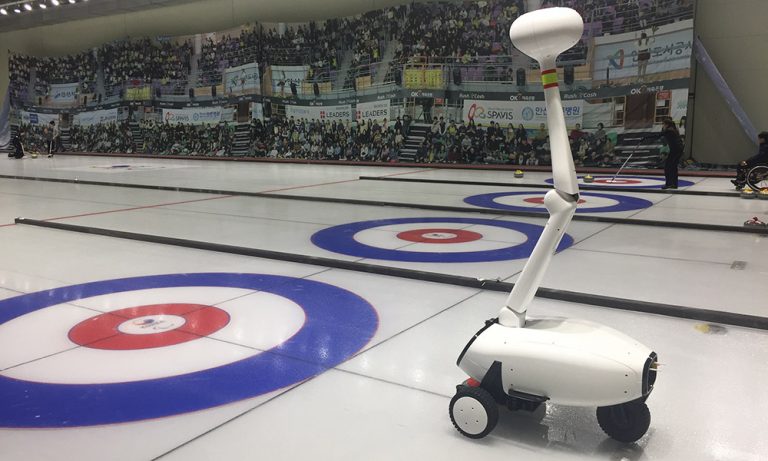
Deep reinforcement learning enables robot to beat humans in olympic sport
A Deep Reinforced Learning framework, developed by BIFOLD Co-director Prof. Dr. Klaus-Robert Müller and his colleagues at the Department of Brain and Cognitive Engineering of the Korea University in Seoul, enabled the robot “Curly” to beat top-level athletes in the Olympic sport of curling. The work was recently featured in Nature Research Highlights.
Using machine learning to combat the coronavirus
A joint team of researchers from TU Berlin and the University of Luxembourg is exploring why a spike protein in the SARS-CoV-2 virus is able to bind much more effectively to human cells than other coronaviruses. Google.org is funding the research with 125,000 US dollars.
Prof. Müller presents Berlin’s AI research network at Ellis Berlin inauguration
In a virtual inauguration event, the European Laboratory for Learning and Intelligent Systems (Ellis) network welcomed new regional network units. Prof. Dr. Klaus-Robert Müller presented the AI research network in Berlin as well as BIFOLD’s approach of combining Machine Learning and Big Data research.
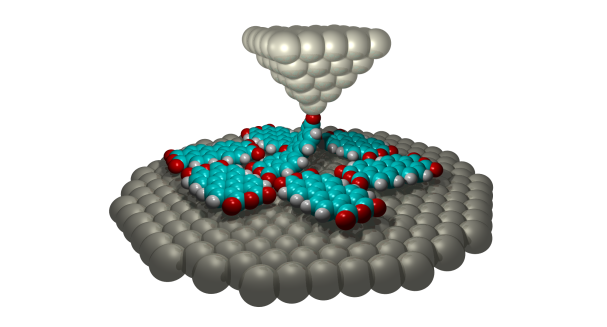
Building with molecules due to reinforced learning
In a cooperation between the Machine Learning group at TU Berlin, led by Prof. Dr. Klaus-Robert Müller (Co-Director BIFOLD) and Jülich’s Quantum Nanoscience institute, led by Prof. Dr. Stefan Tautz, researchers enabled a robot to selectively grip and move single molecules from a layer, by applying reinforced learning. This work was announced a Scientific Breakthrough by the Falling Walls Foundation at this years Berlin Science Week.
An overview of the current state of research in BIFOLD
Since the official announcement of the Berlin Institute for the Foundations of Learning and Data in January 2020, BIFOLD researchers achieved a wide array of advancements in the domains of Machine Learning and Big Data Management as well as in a variety of application areas by developing new Systems and creating impactfull publications. The following summary provides an overview of recent research activities and successes.
Dr. Huziel E. Sauceda nominated reviewer of the month by Communications Physics
Dr. Huziel E. Sauceda, postdoctoral researcher in Prof. Dr. Klaus-Robert Müller’s group, was nominated as Reviewer of the month by the Nature Research journal Communications Physics.
Machine Learning meets Quantum Physics
BIFOLD researchers contributed to an in-depth referenced work on the physics-based machine learning techniques that model electronic and atomistic properties of matter.
European AI research network Ellis established a new unit at TU Berlin
In positive response to a request by Prof. Dr. Klaus-Robert Müller (head of the Machine Learning Department at TU Berlin and one of the directors of BIFOLD) and other scientists, the Technische Universität Berlin became part of the European AI research network European Laboratory for Learning and Intelligent Systems (ELLIS).
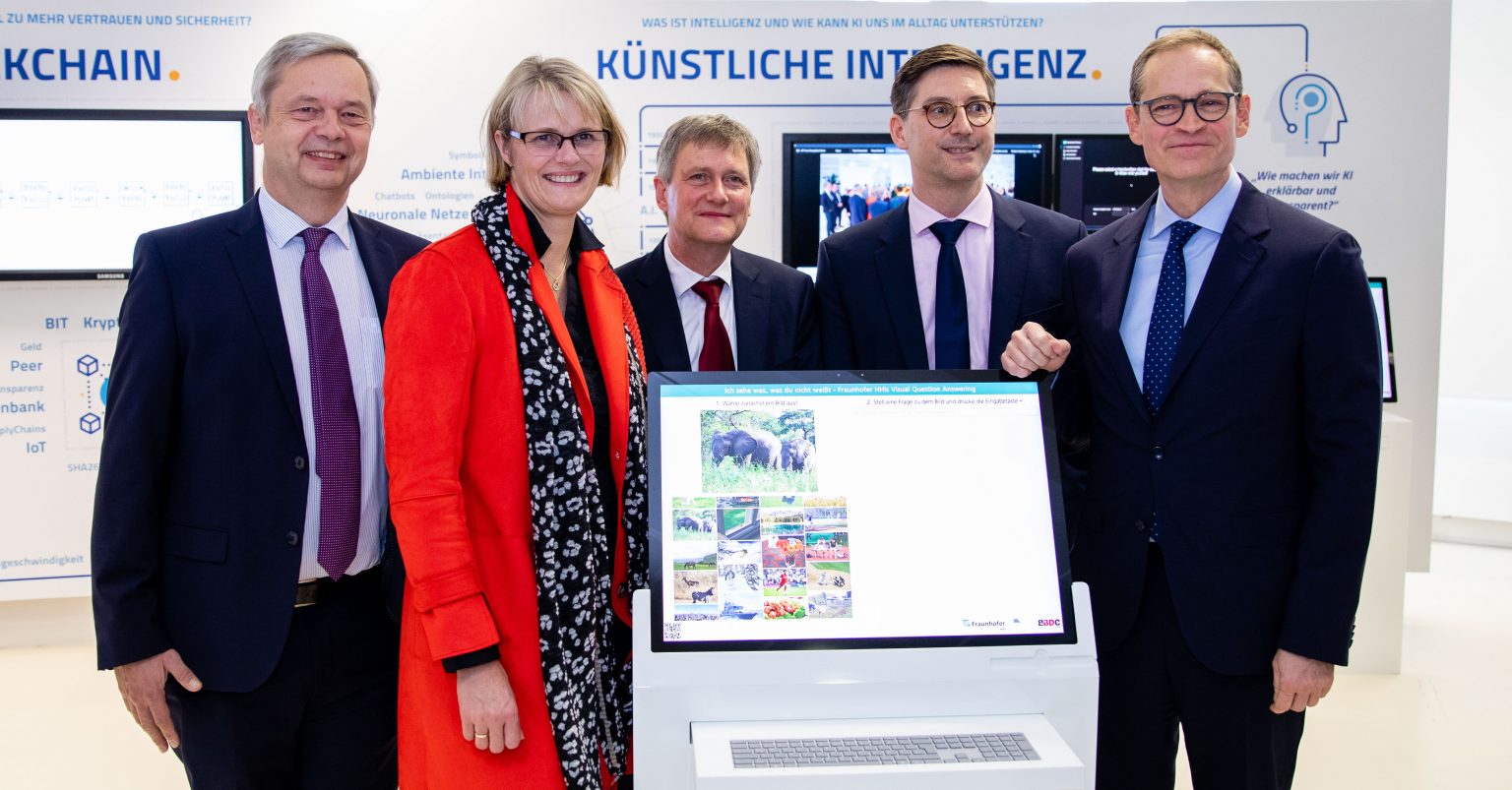
Official Announcement of Bifold in Berlin
On January 15, 2020 the Berlin Institute for the Foundations of Learning and Data (BIFOLD) was officially announced at Forum Digital Technologies in Berlin. Please also see the official press release of the Federal Ministry of Education and Research and Technische Universität Berlin (both in German).

